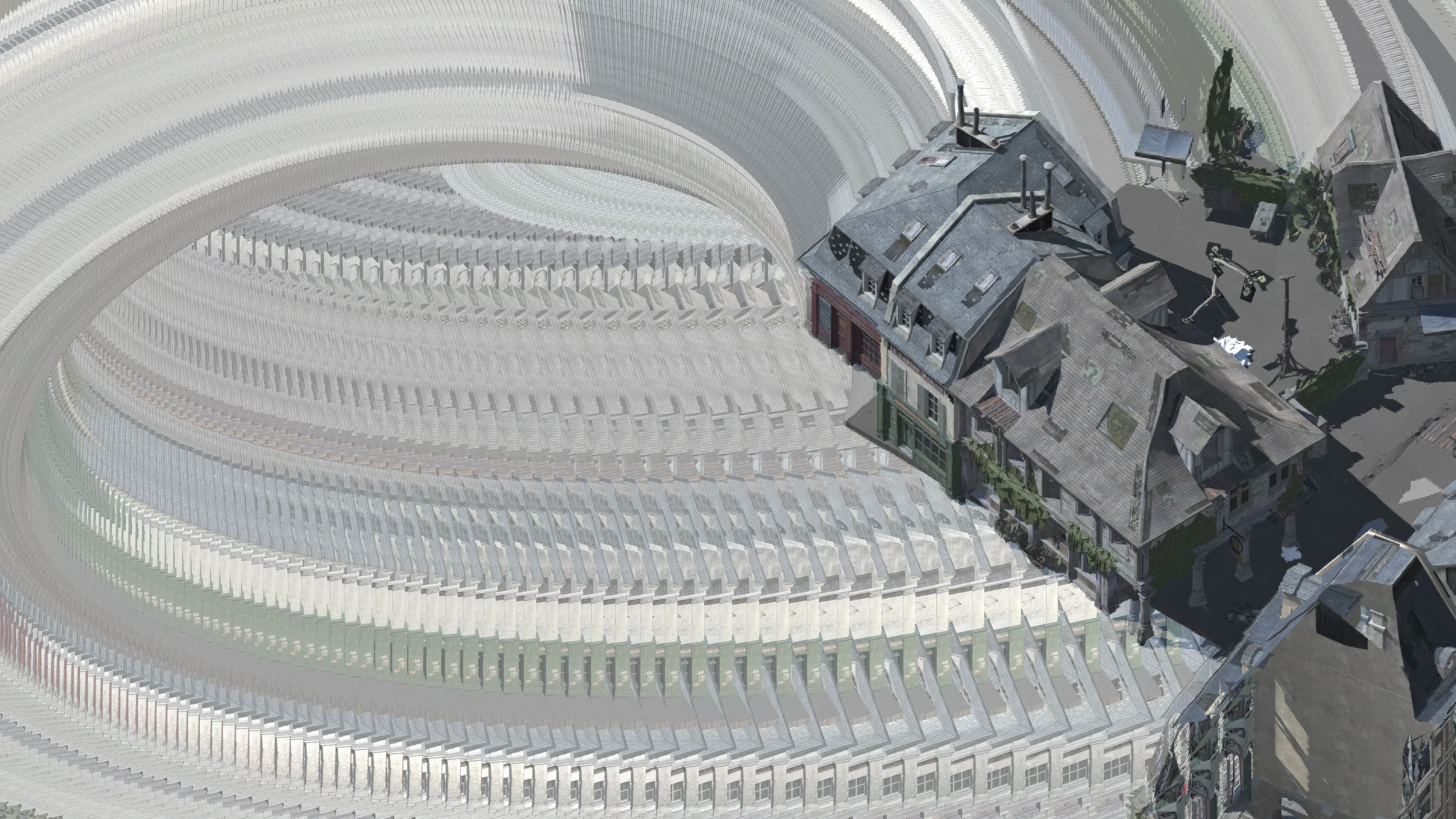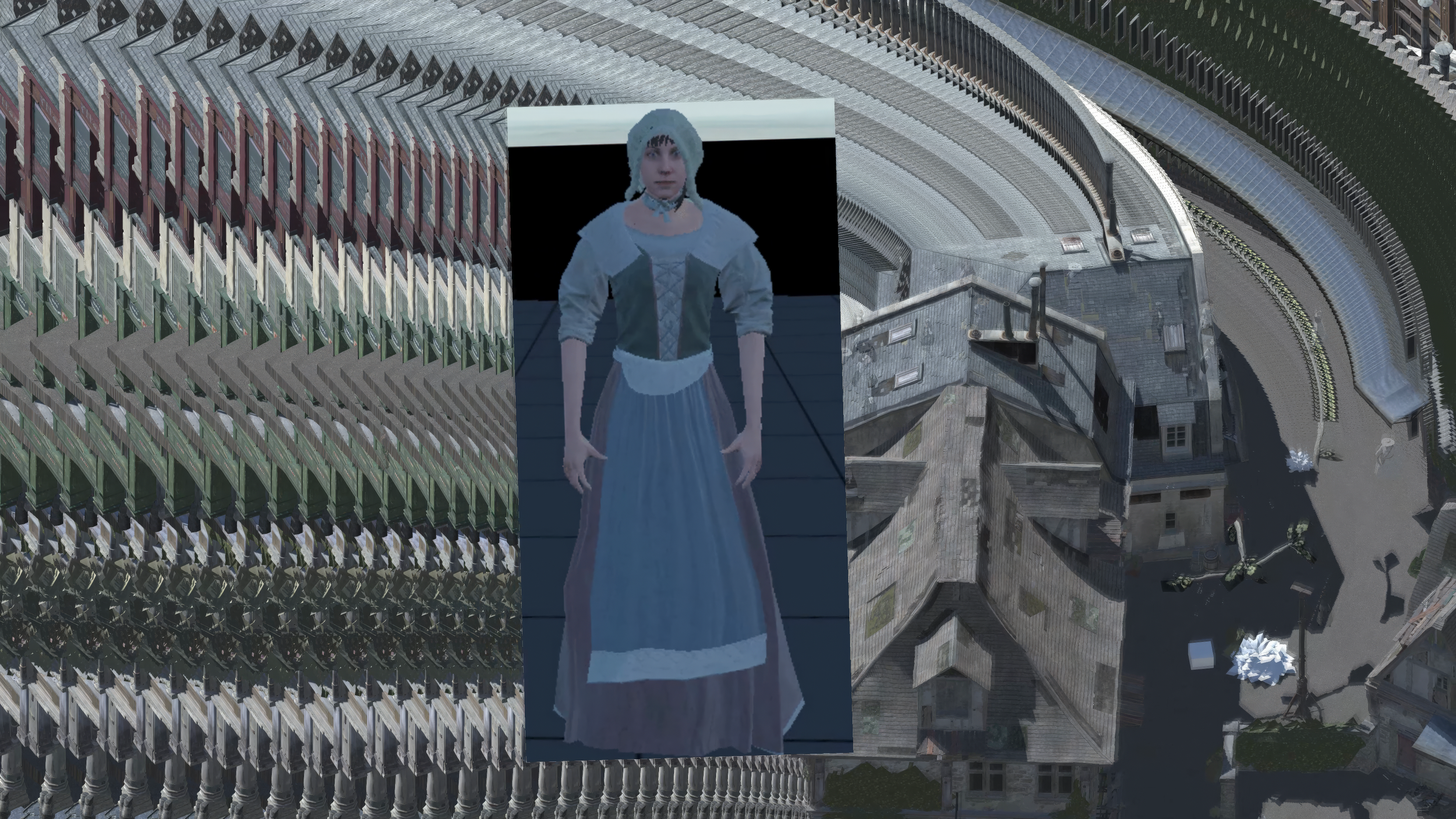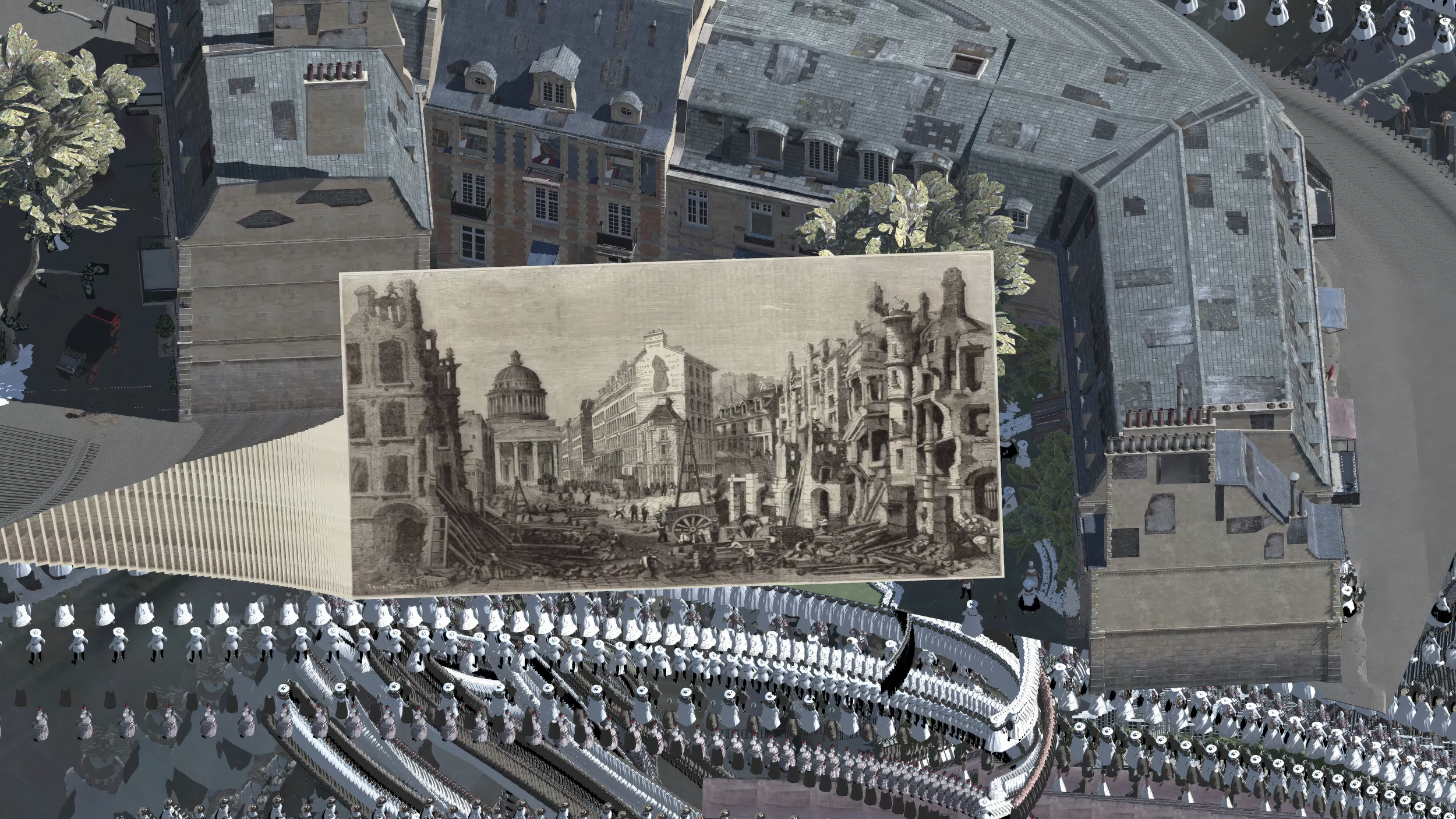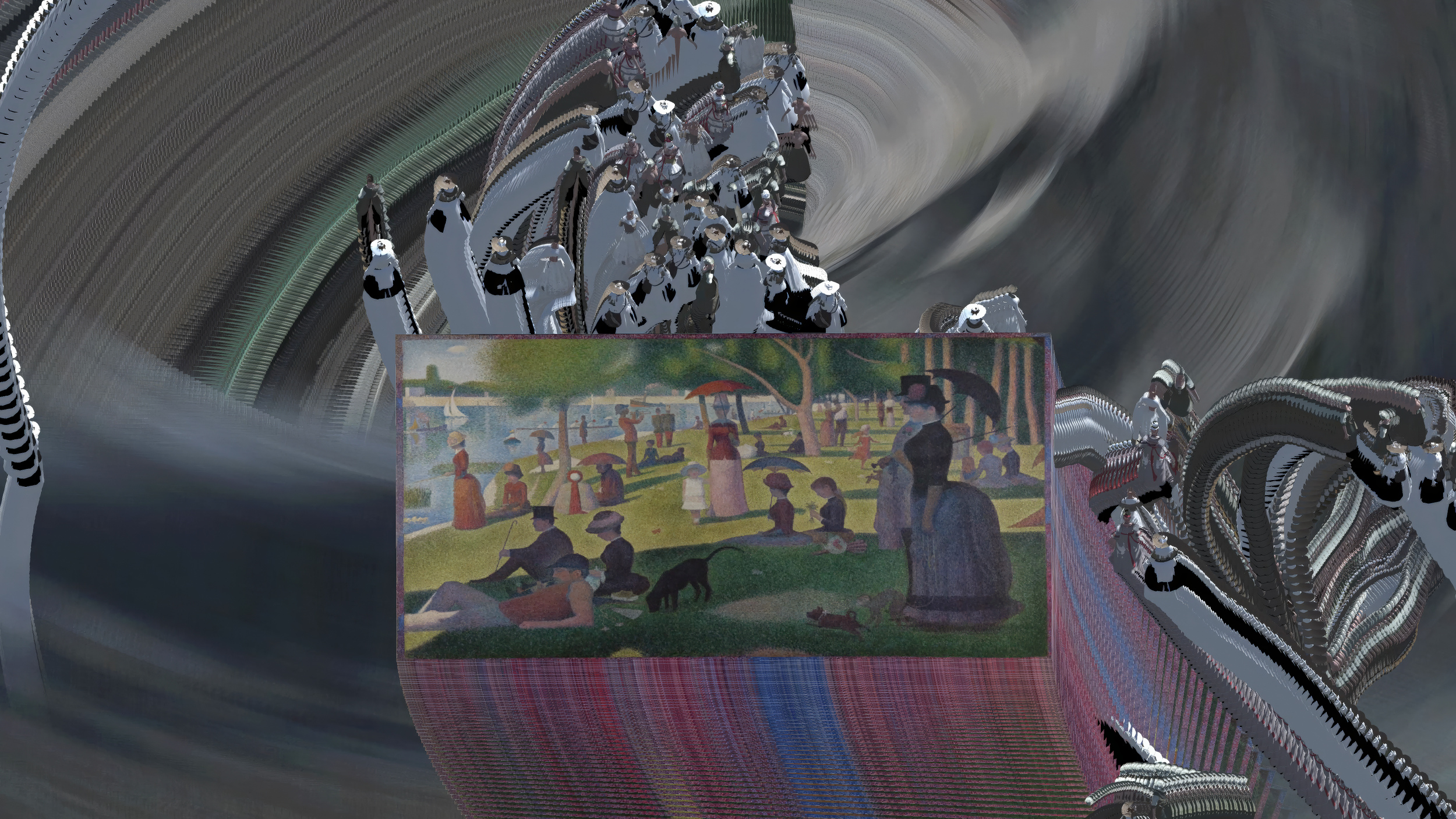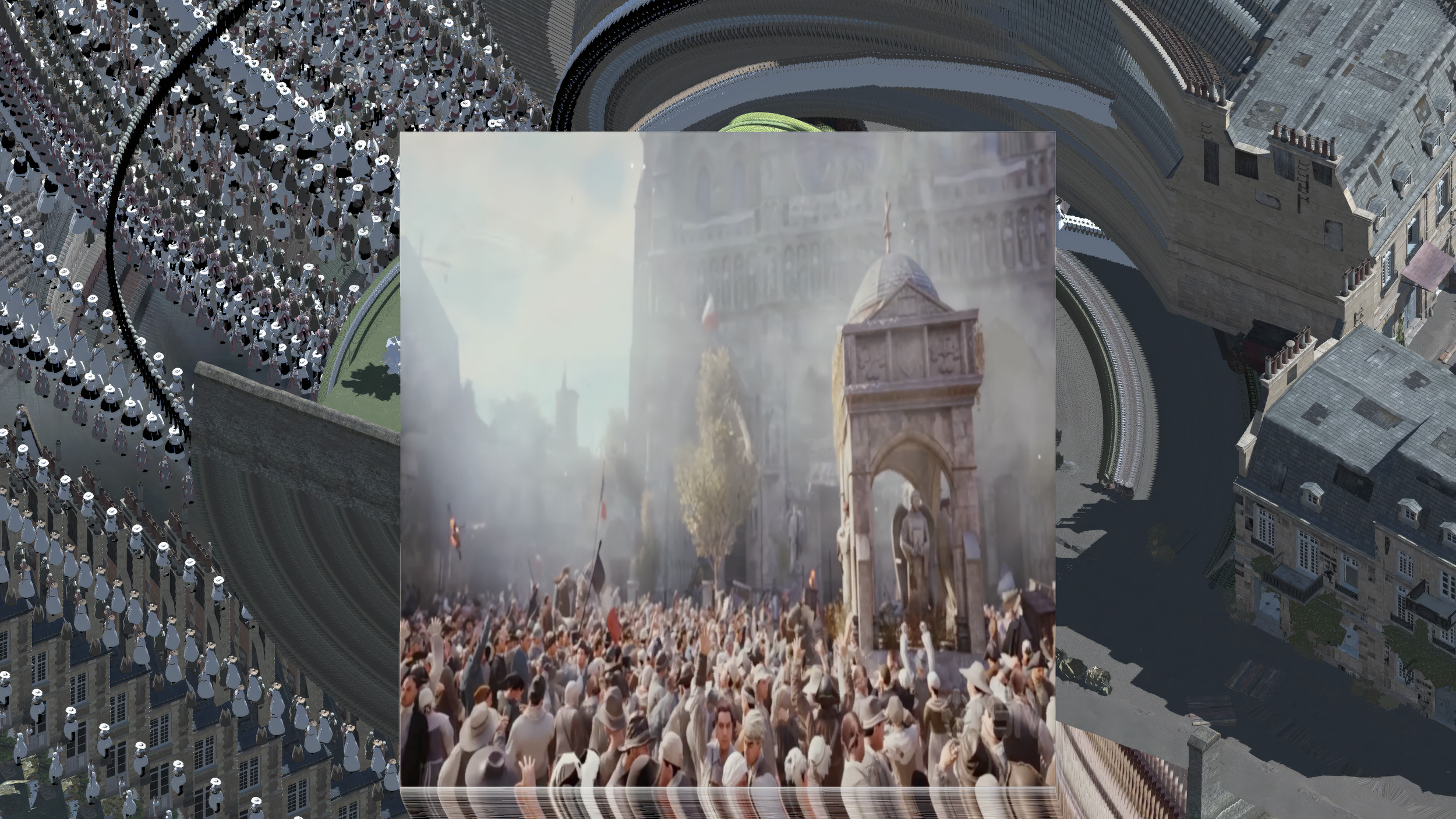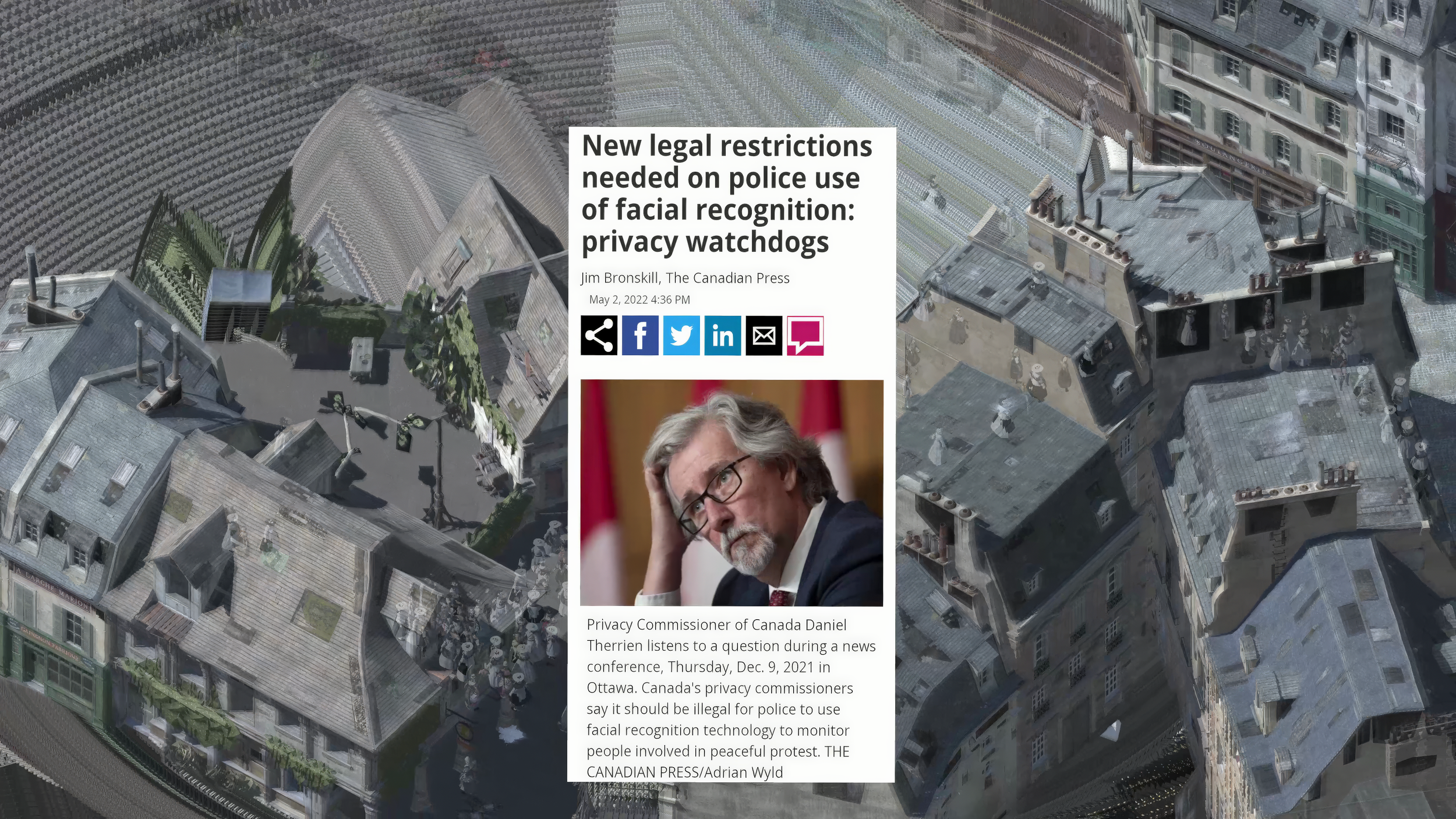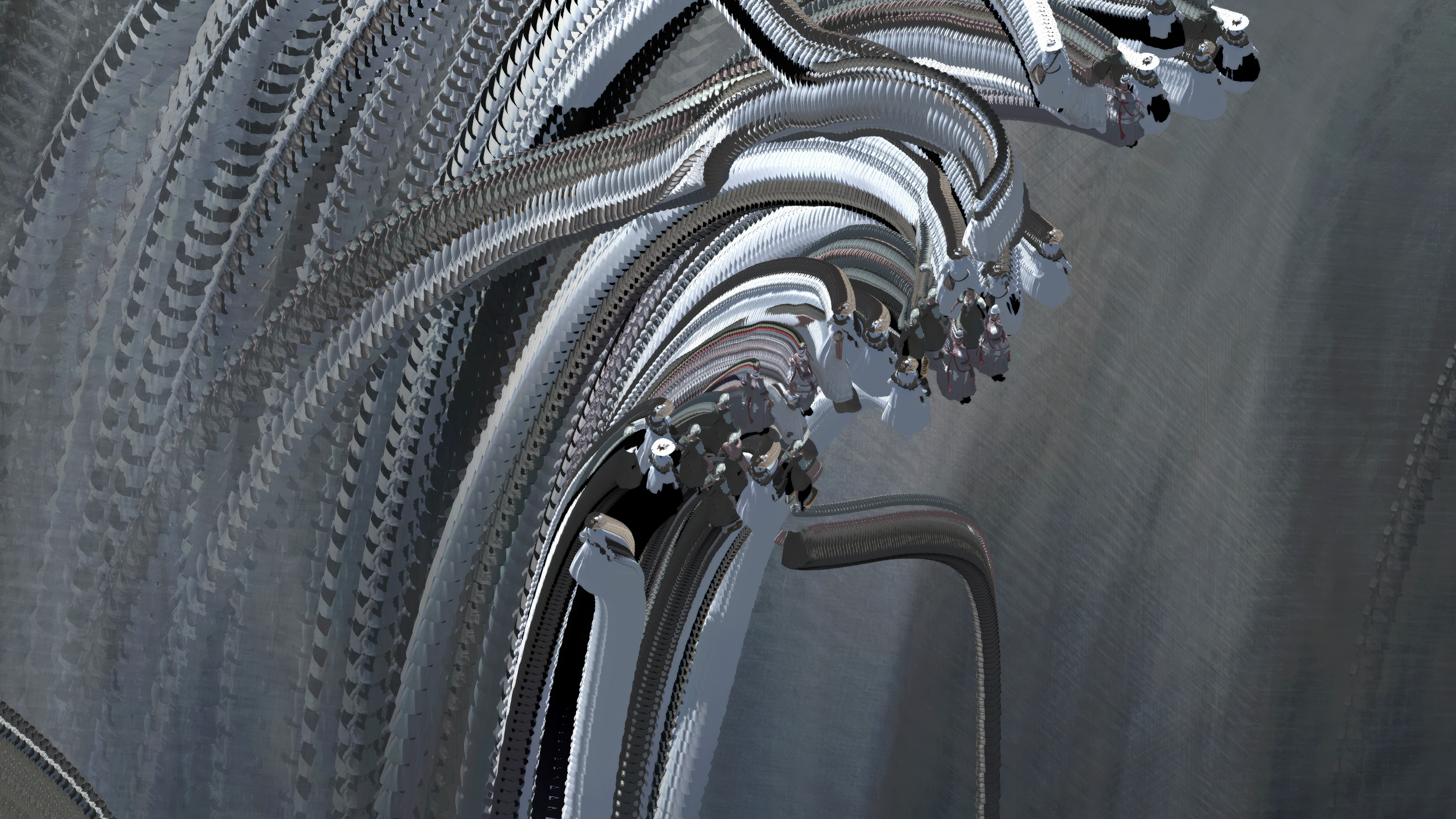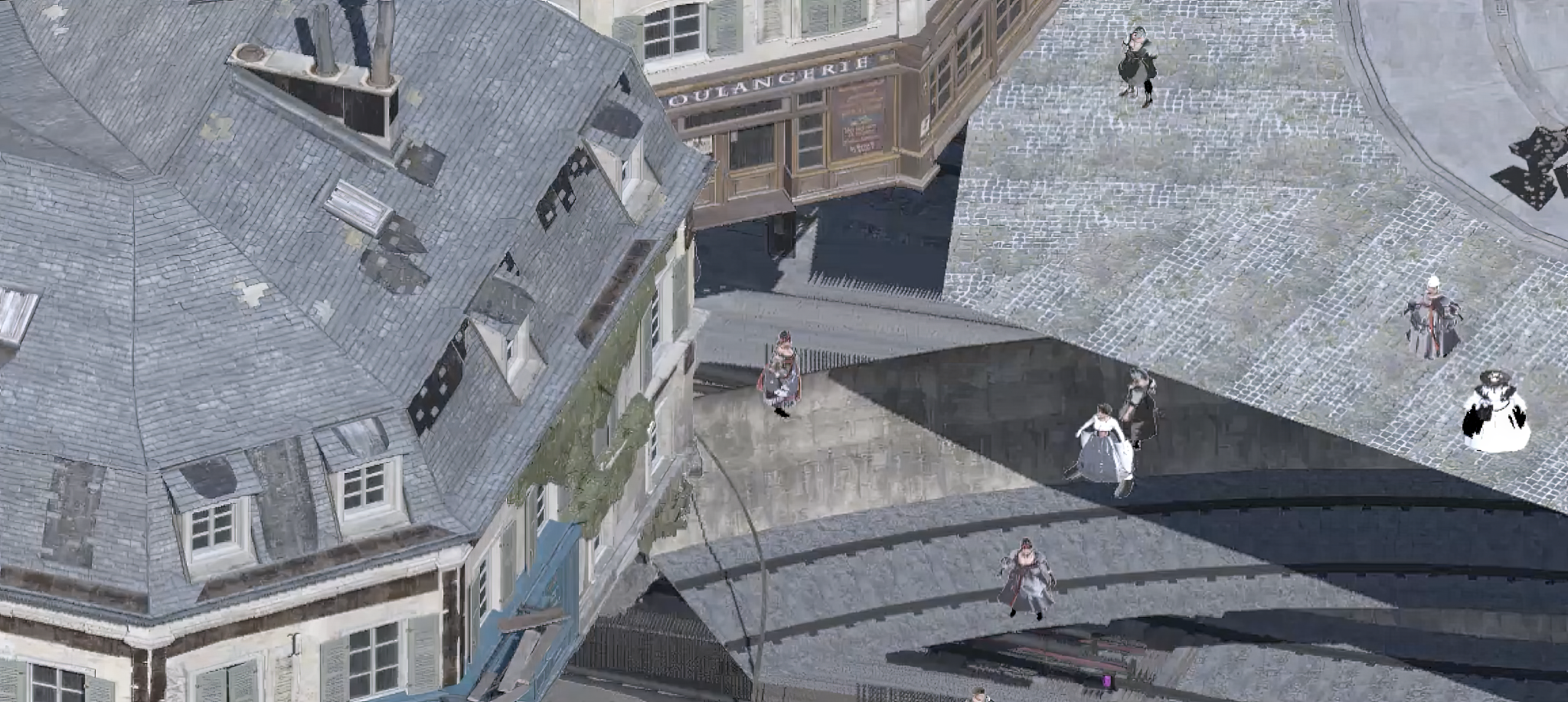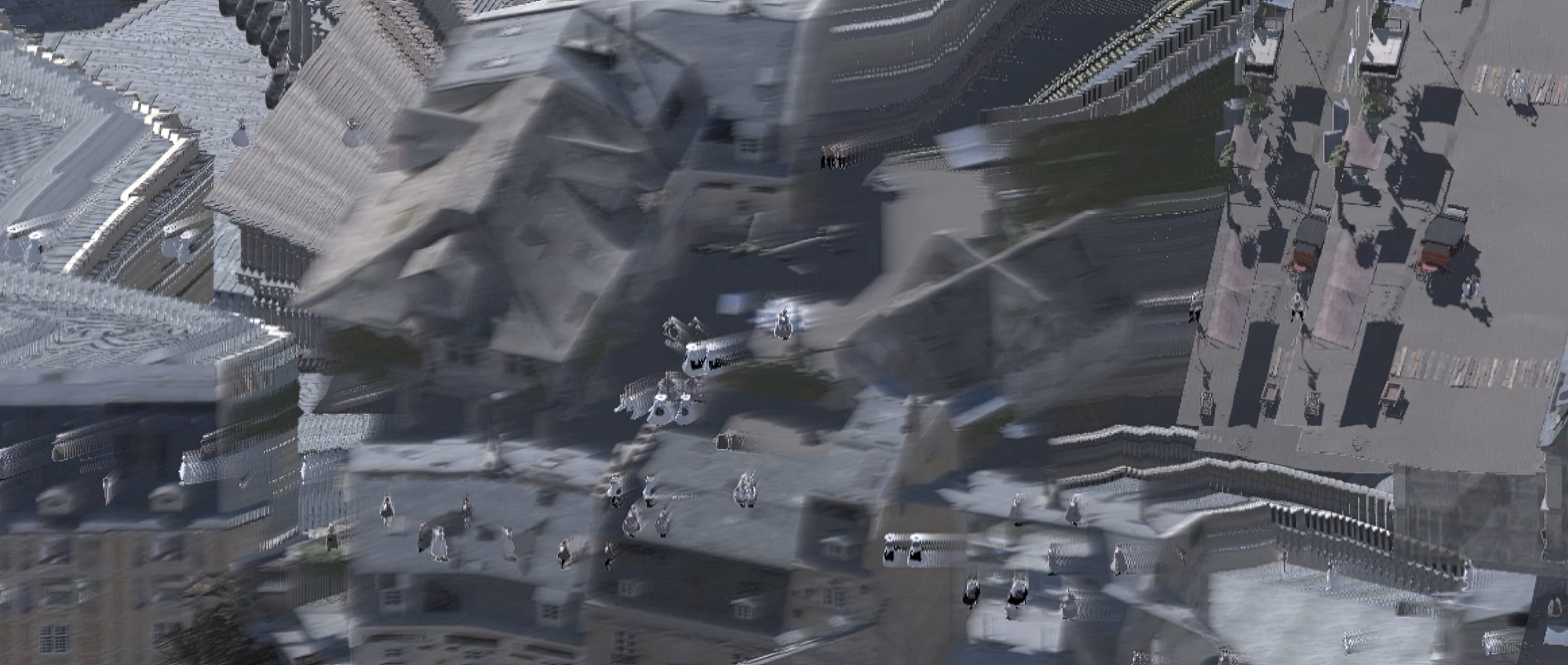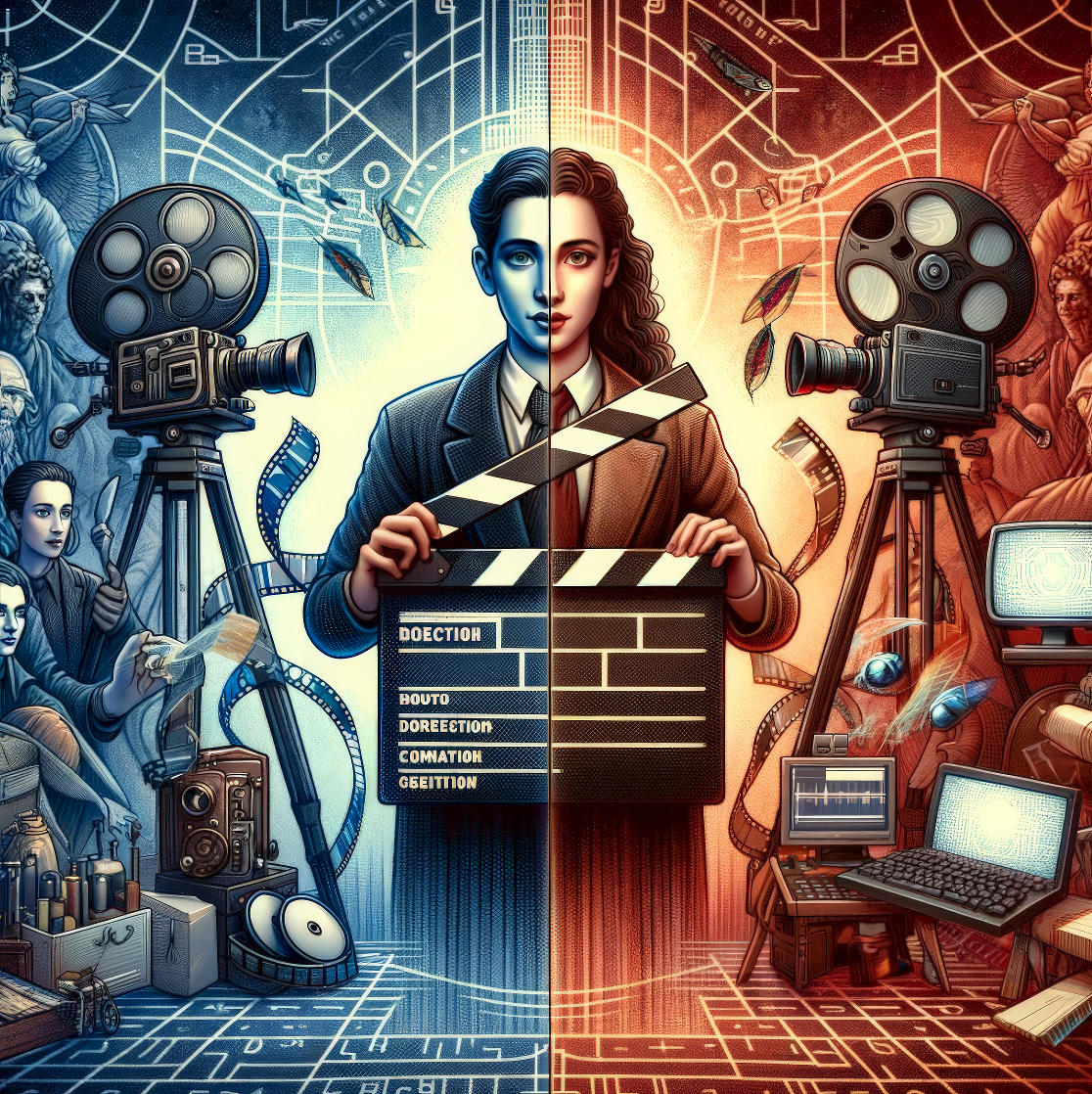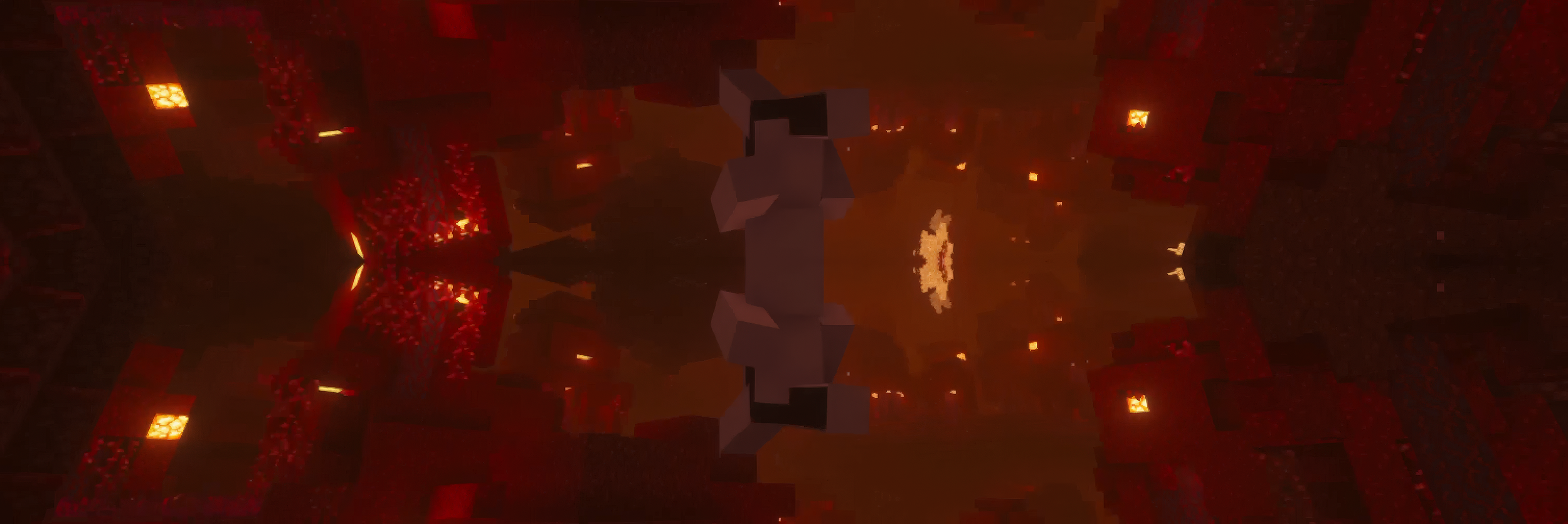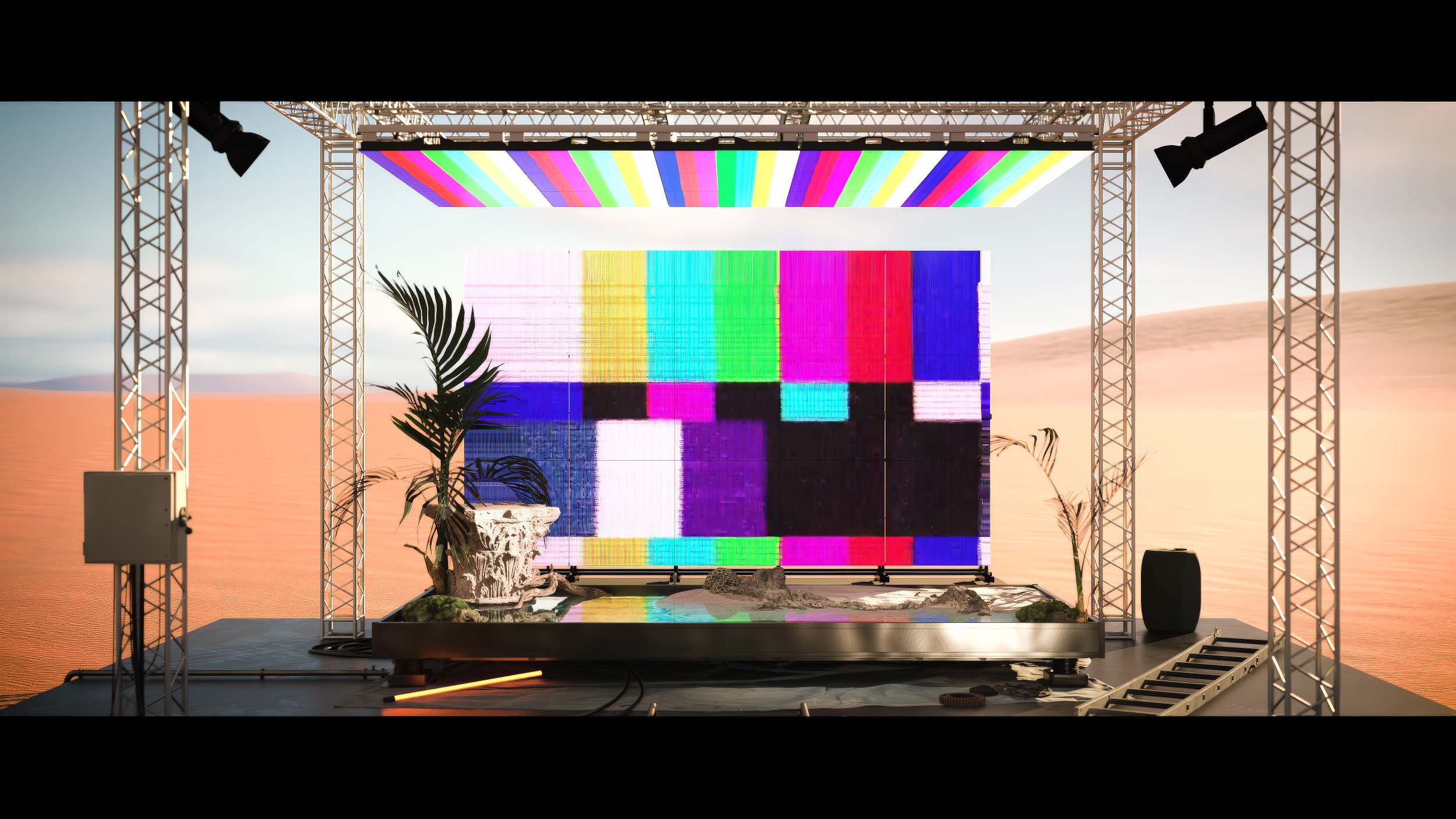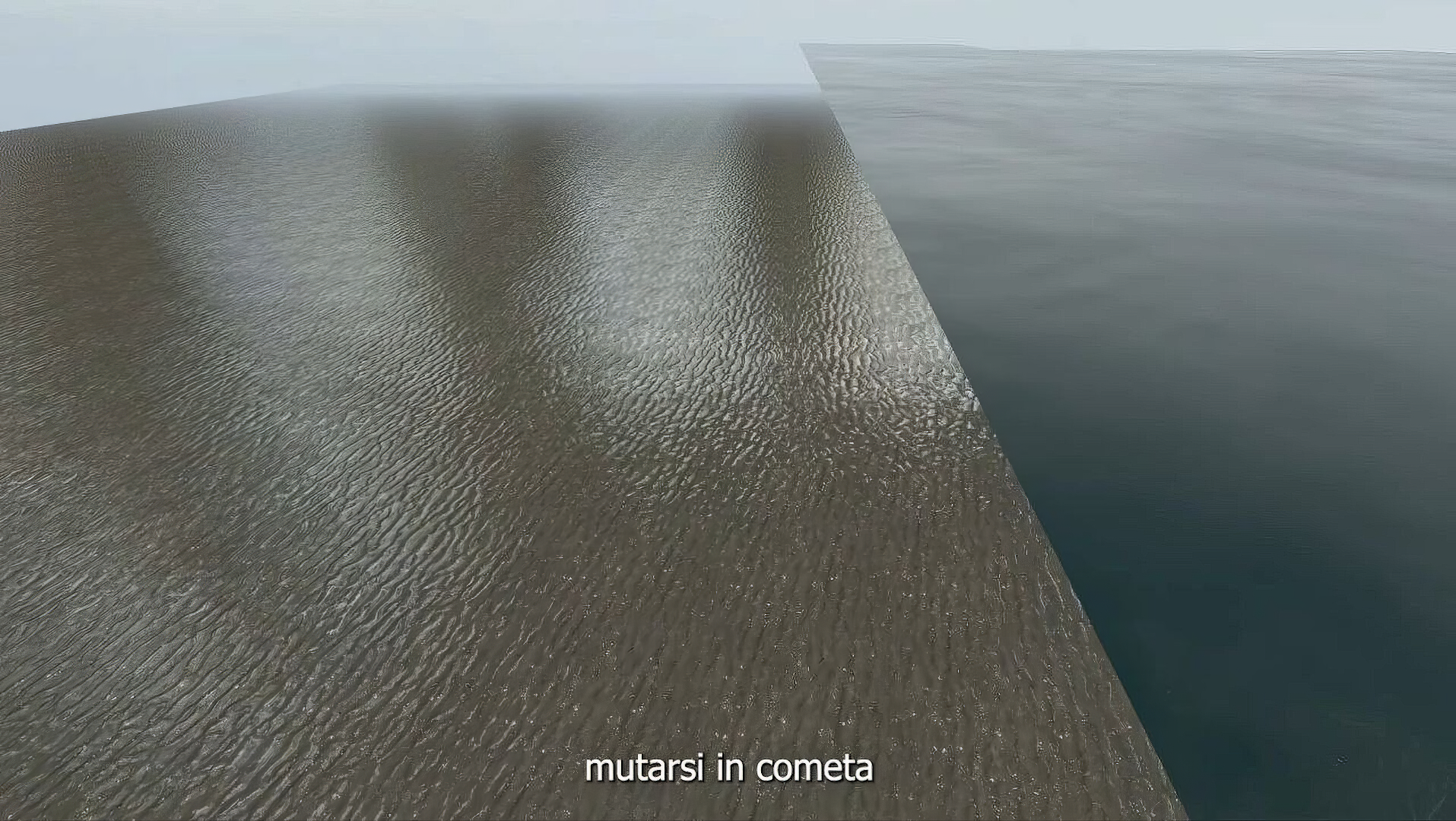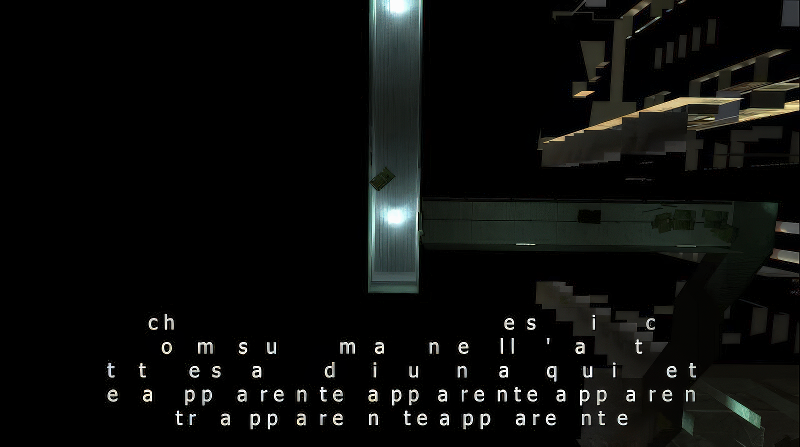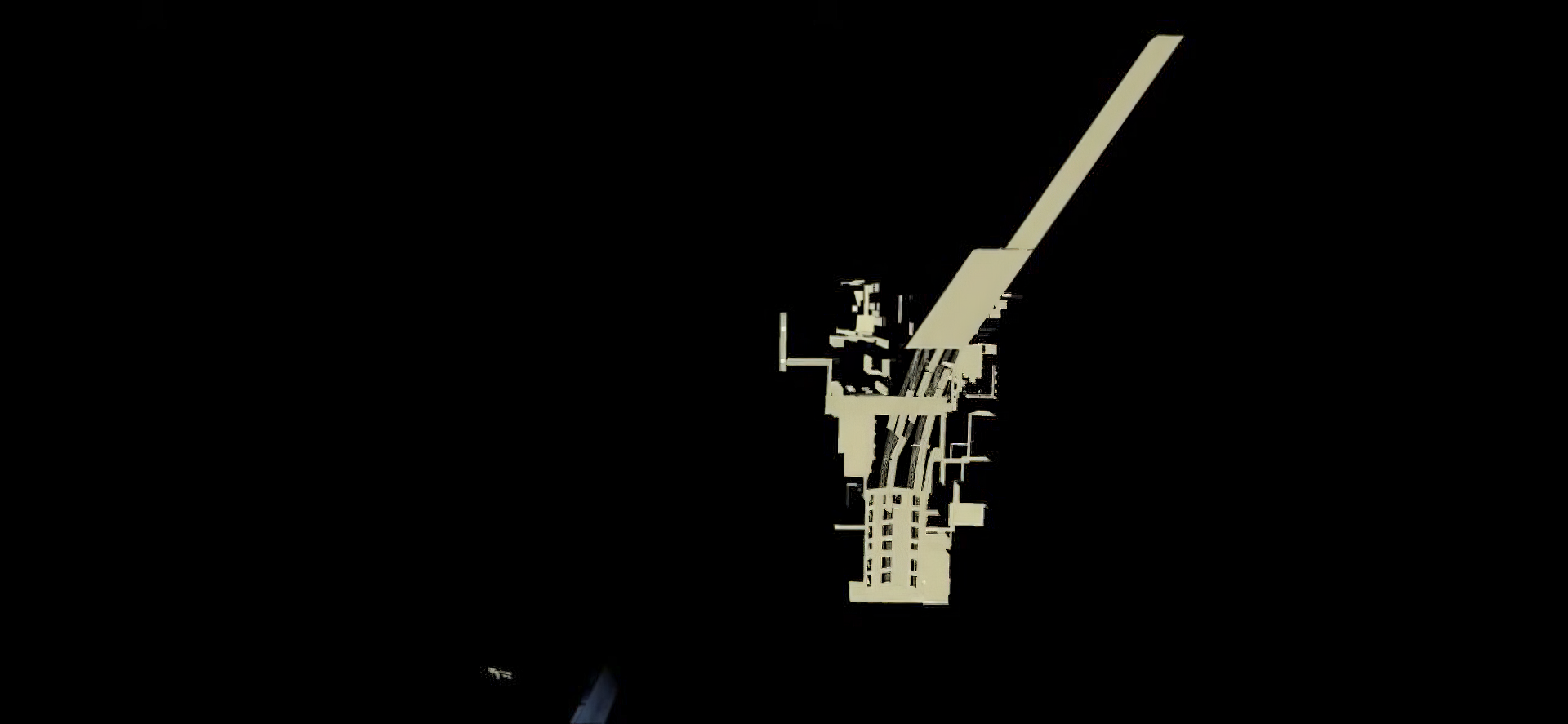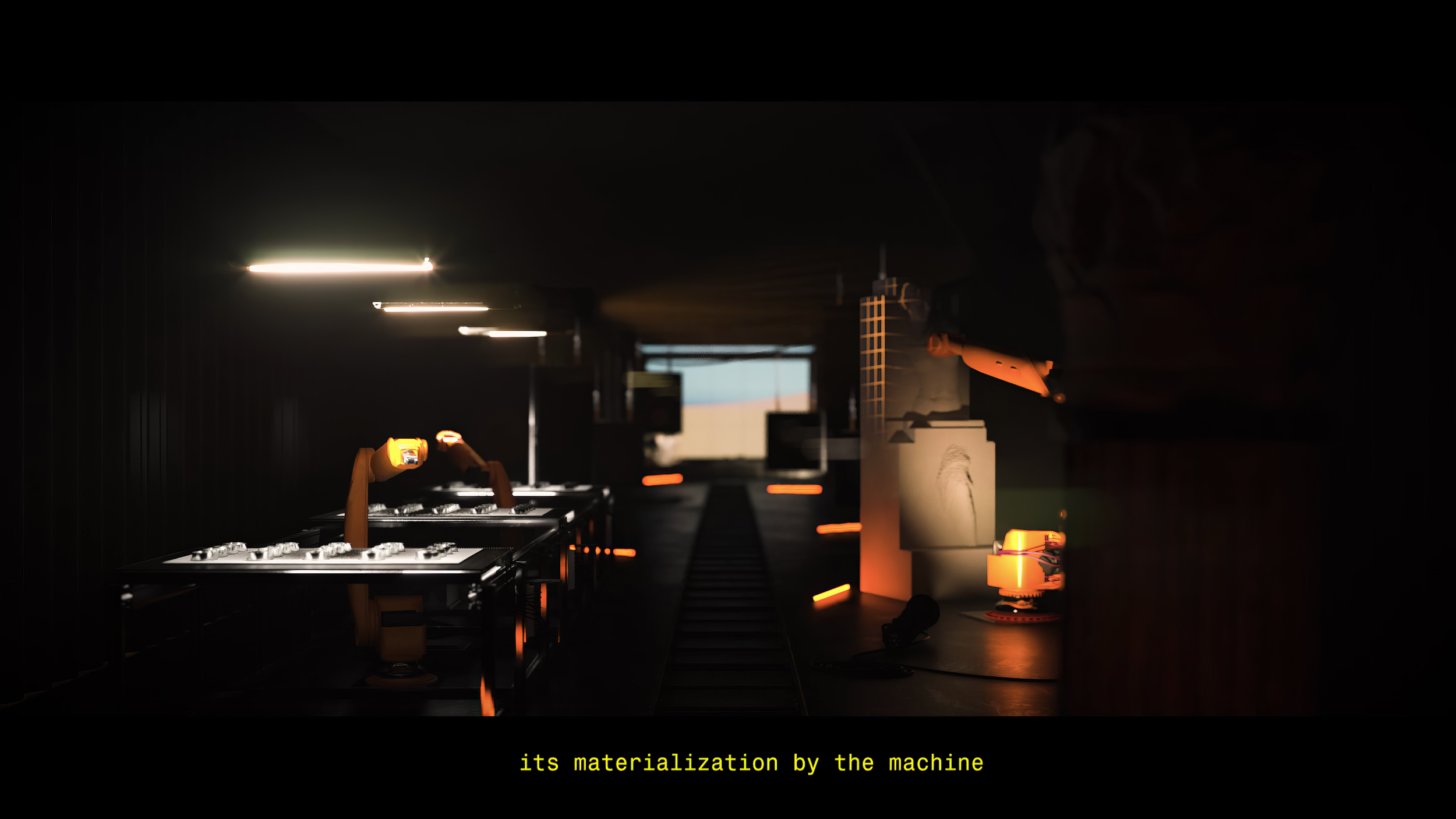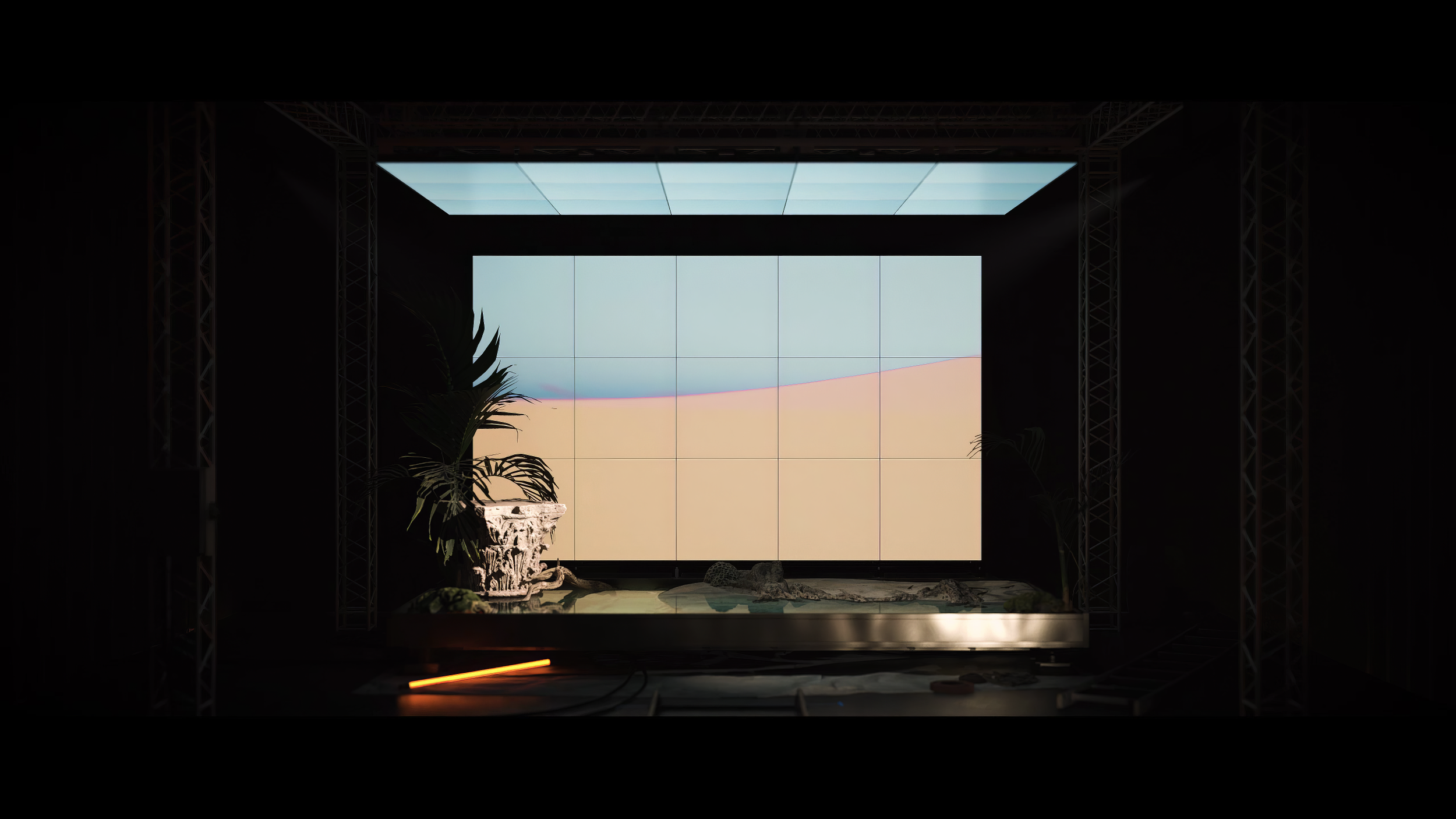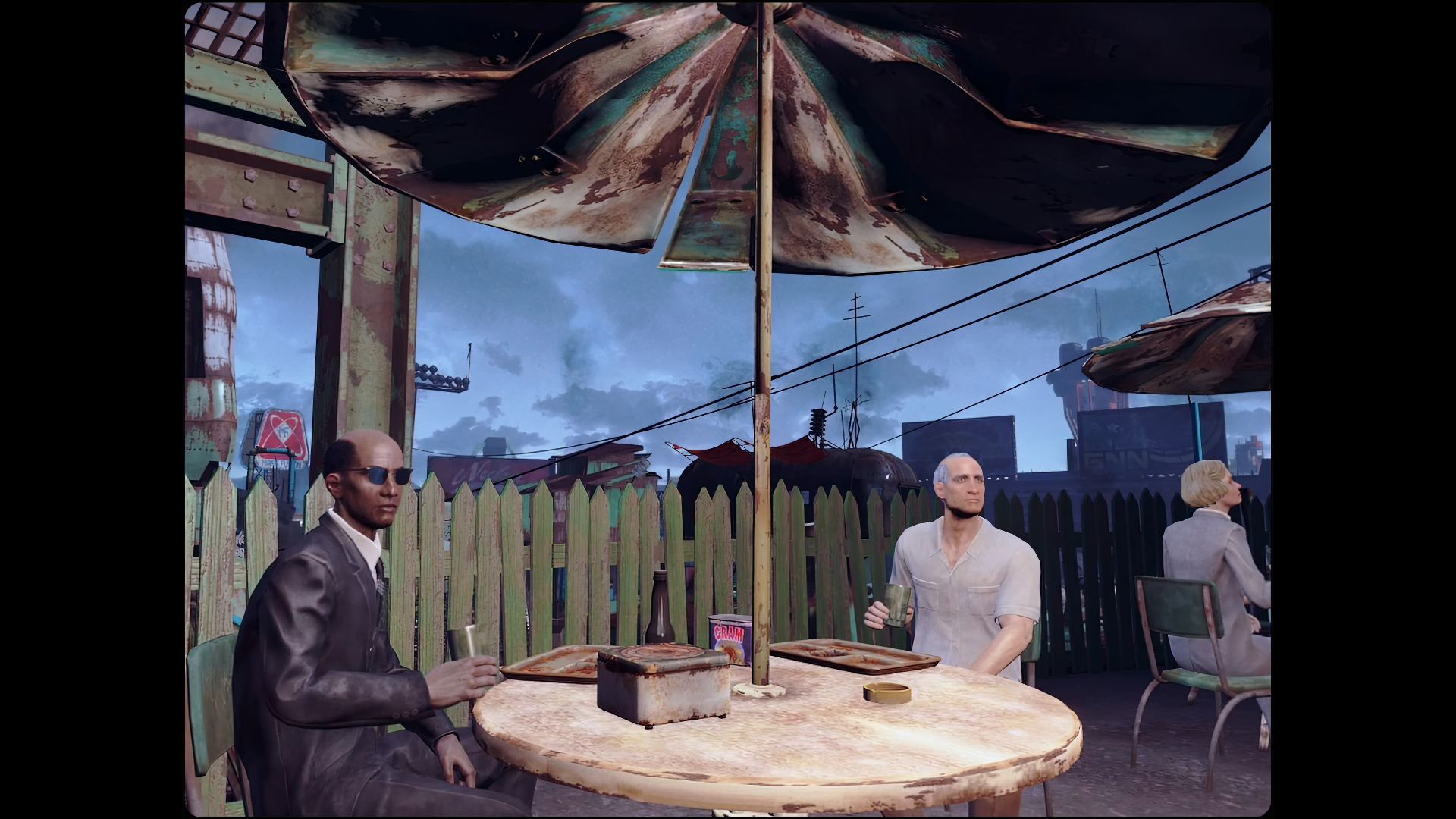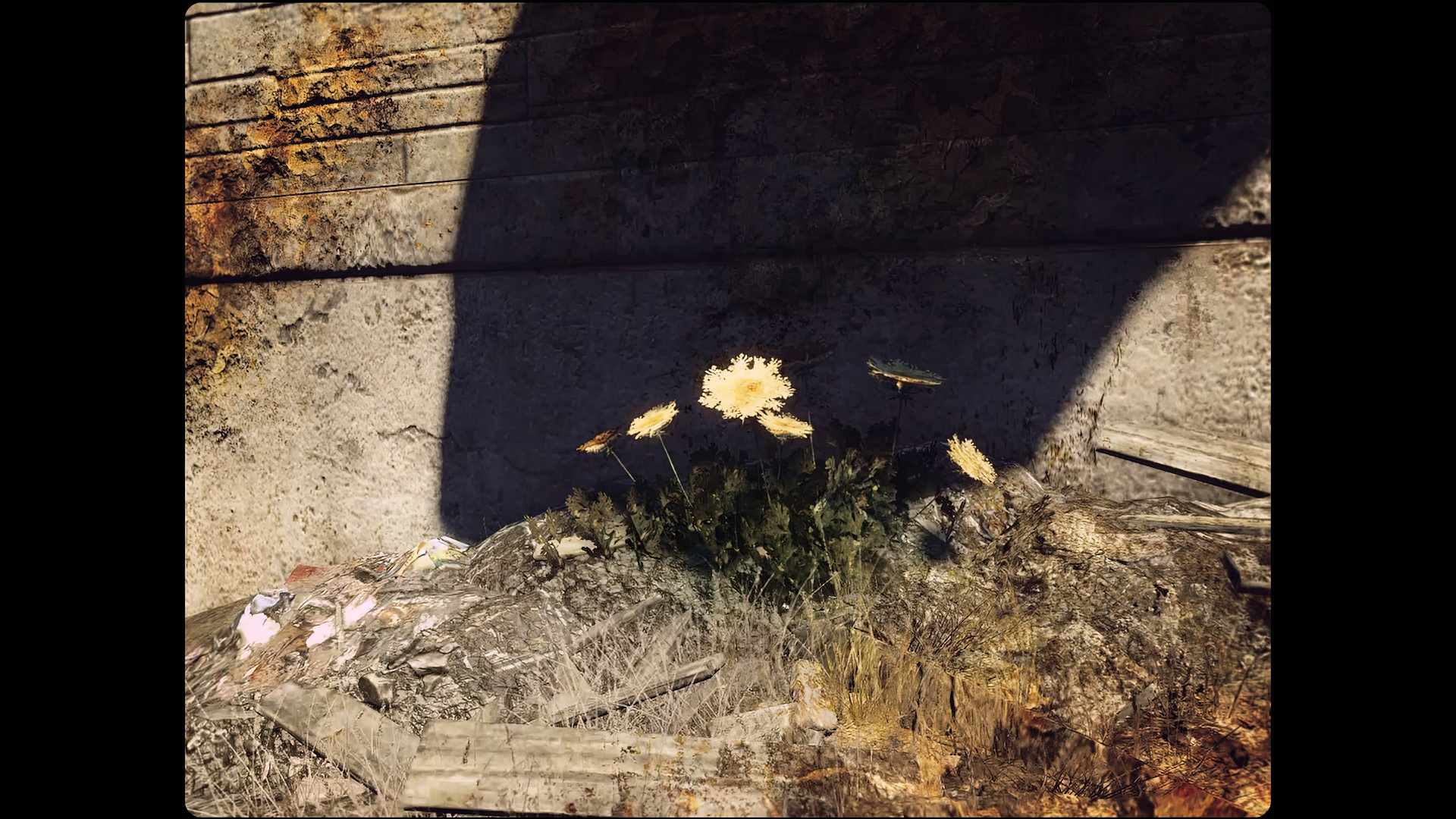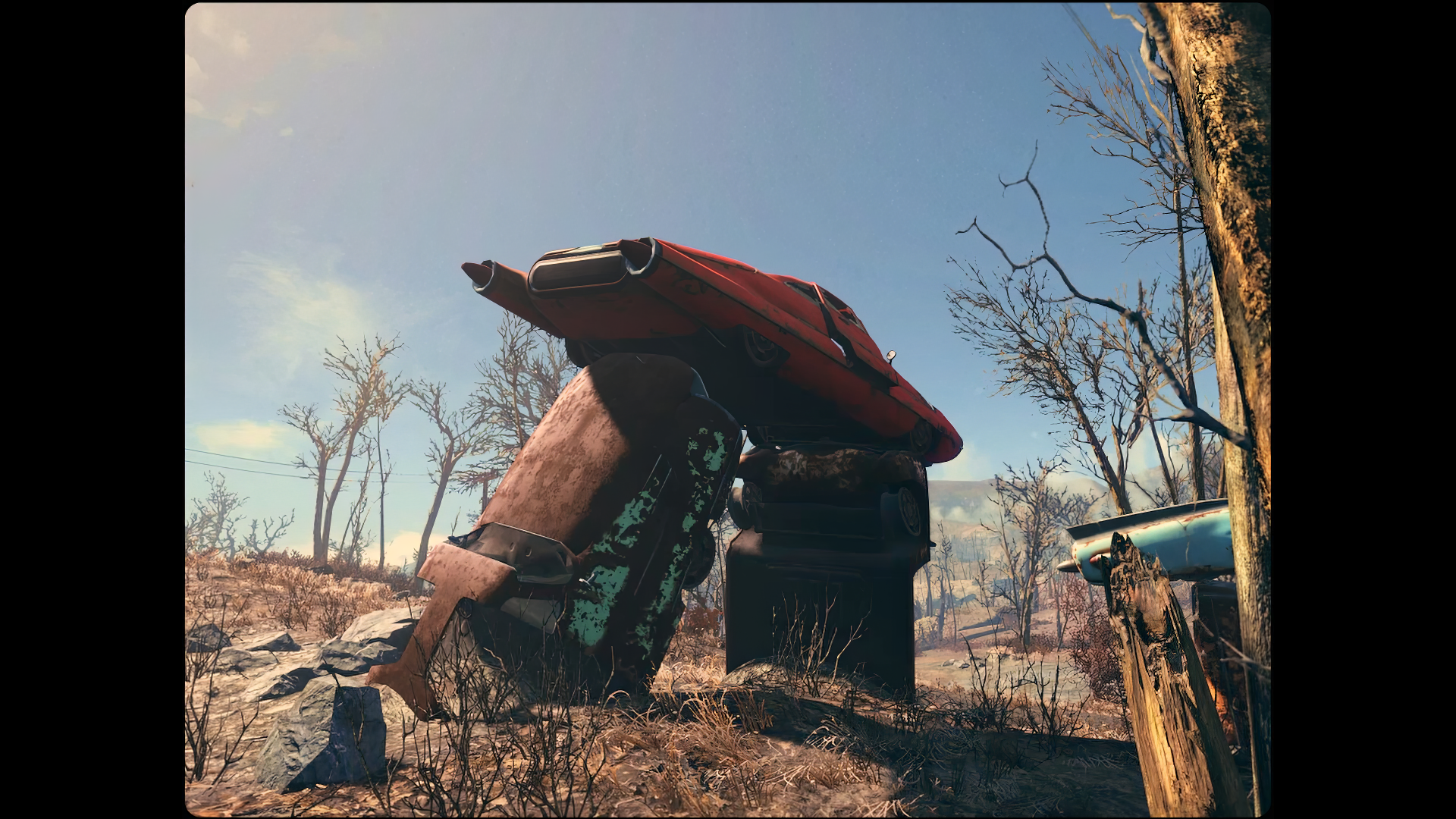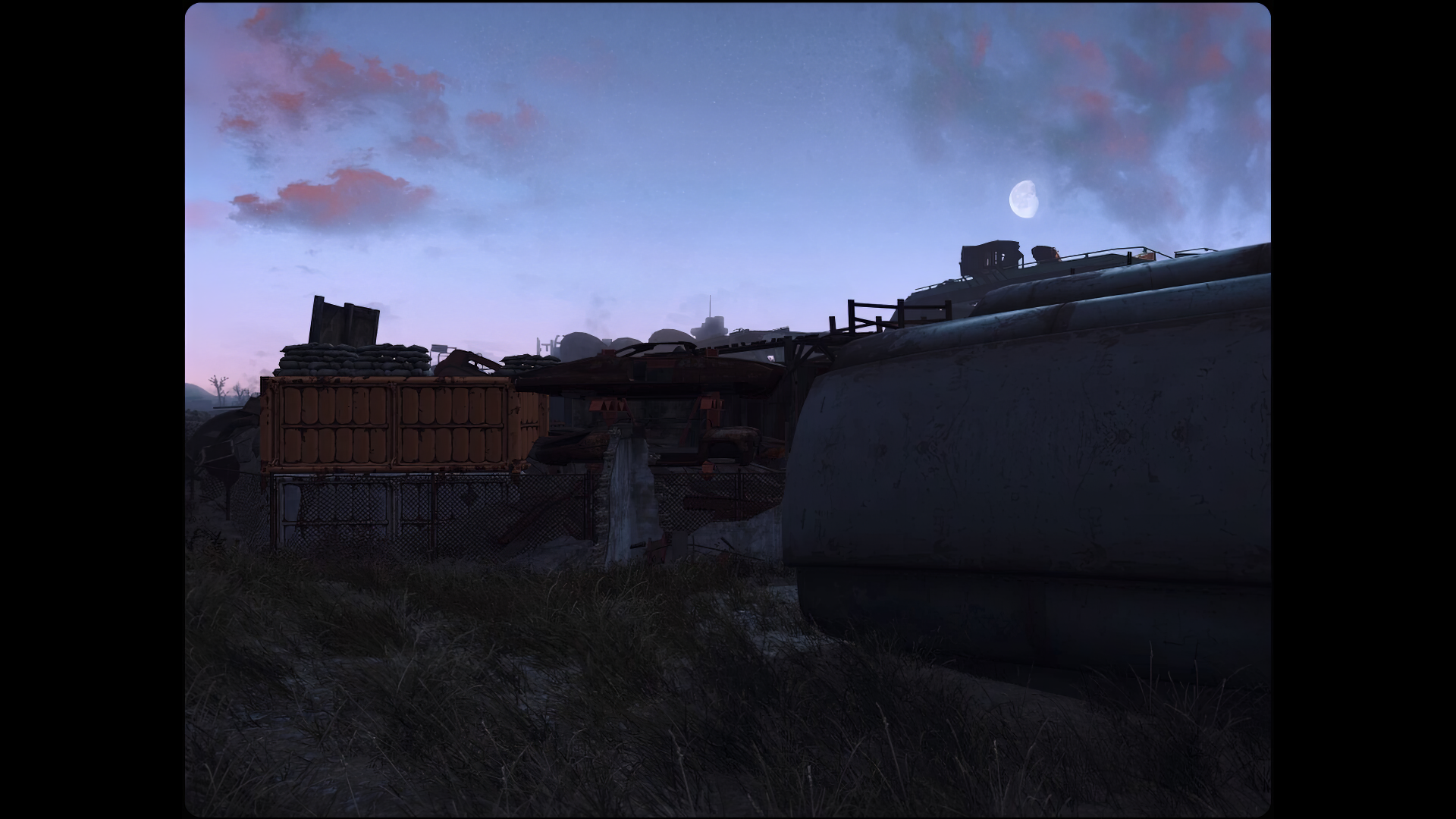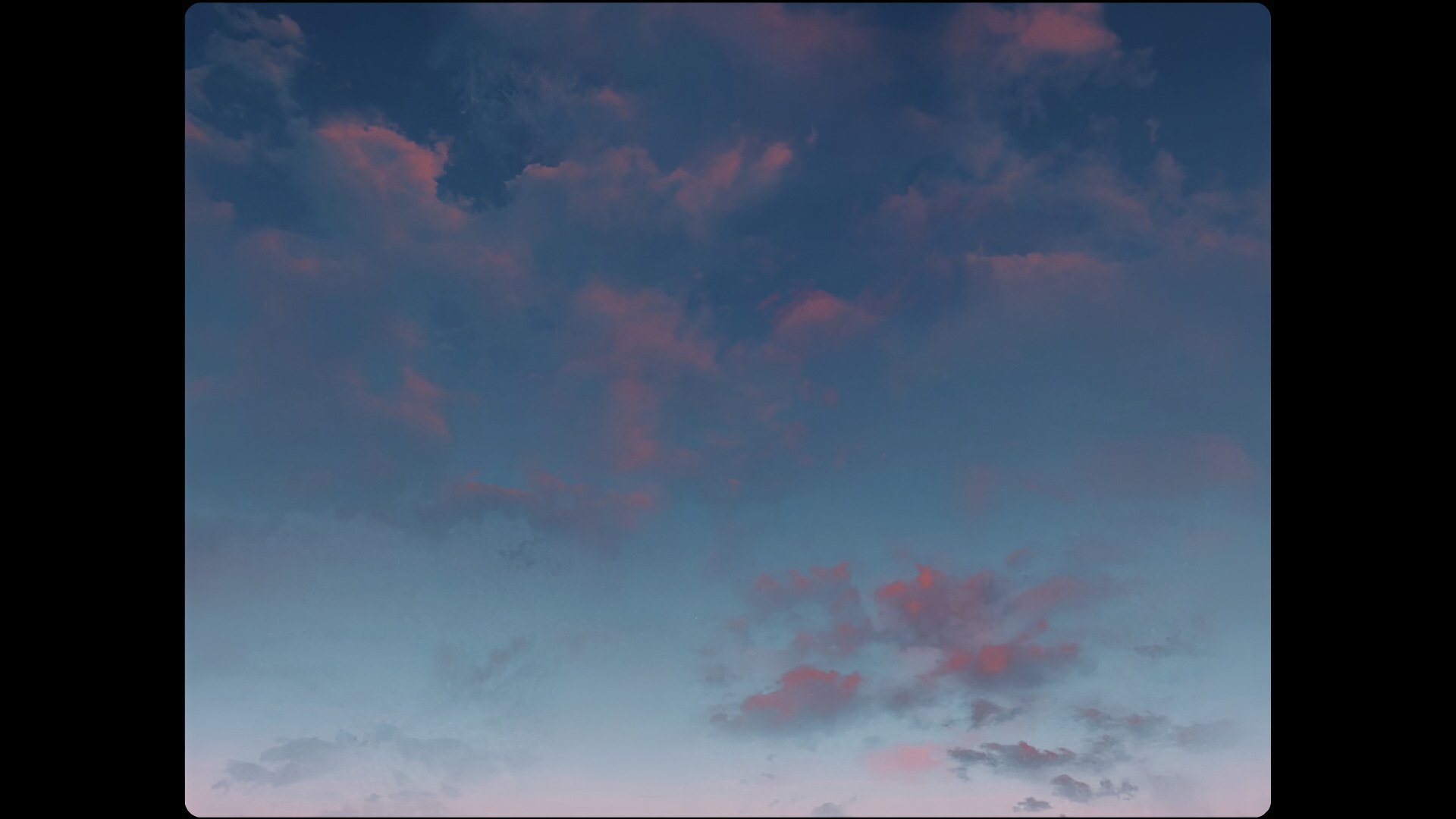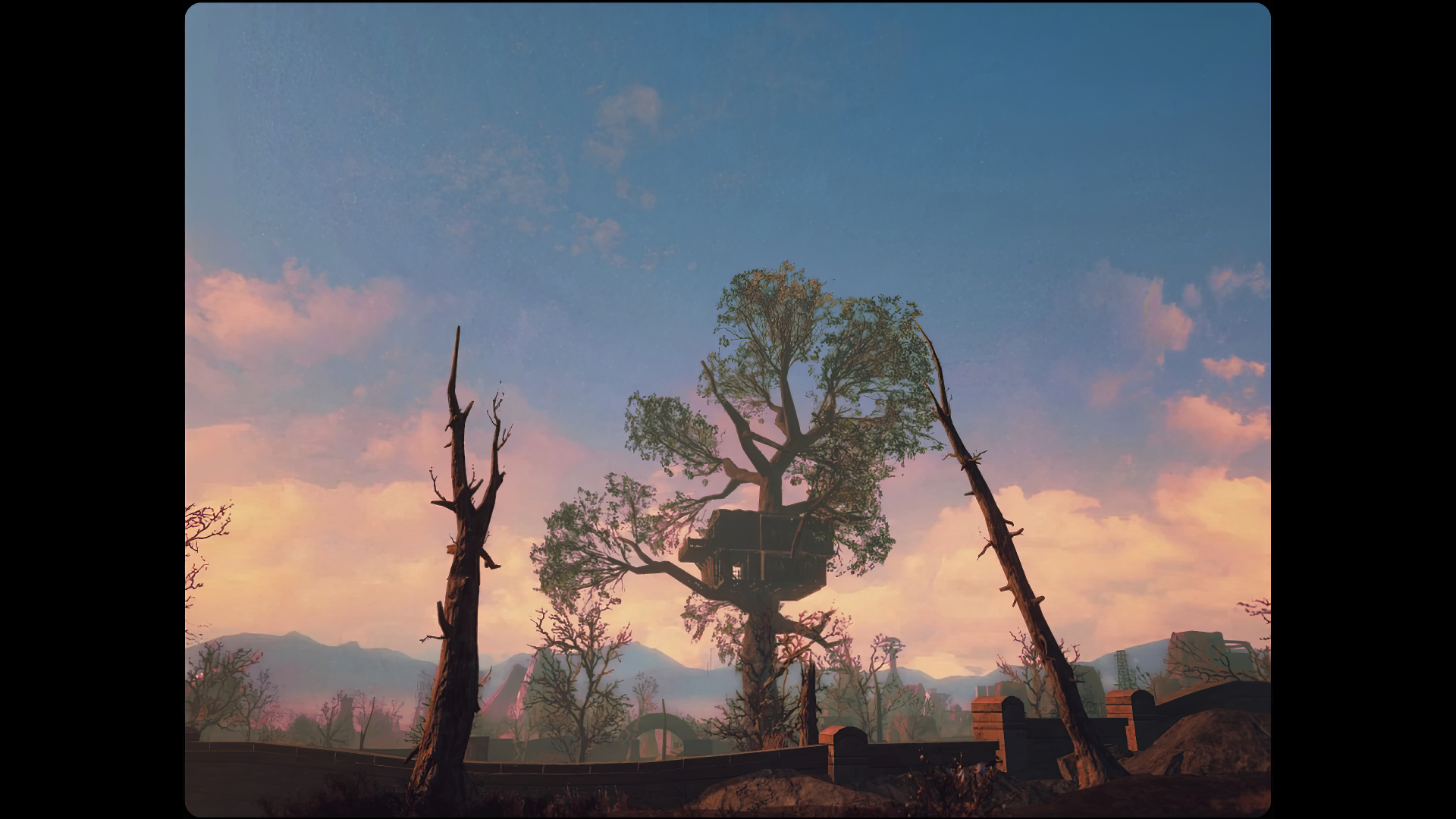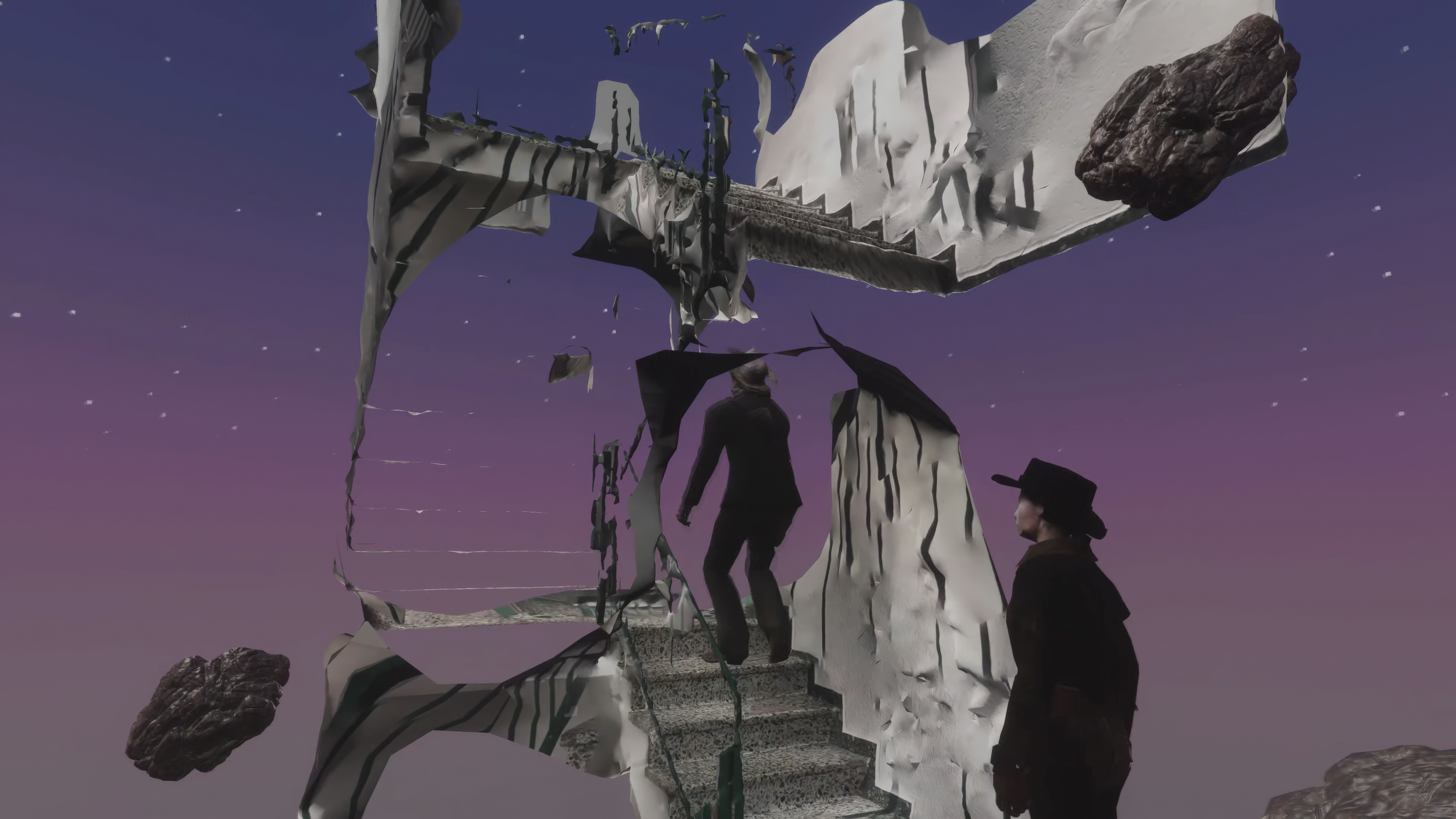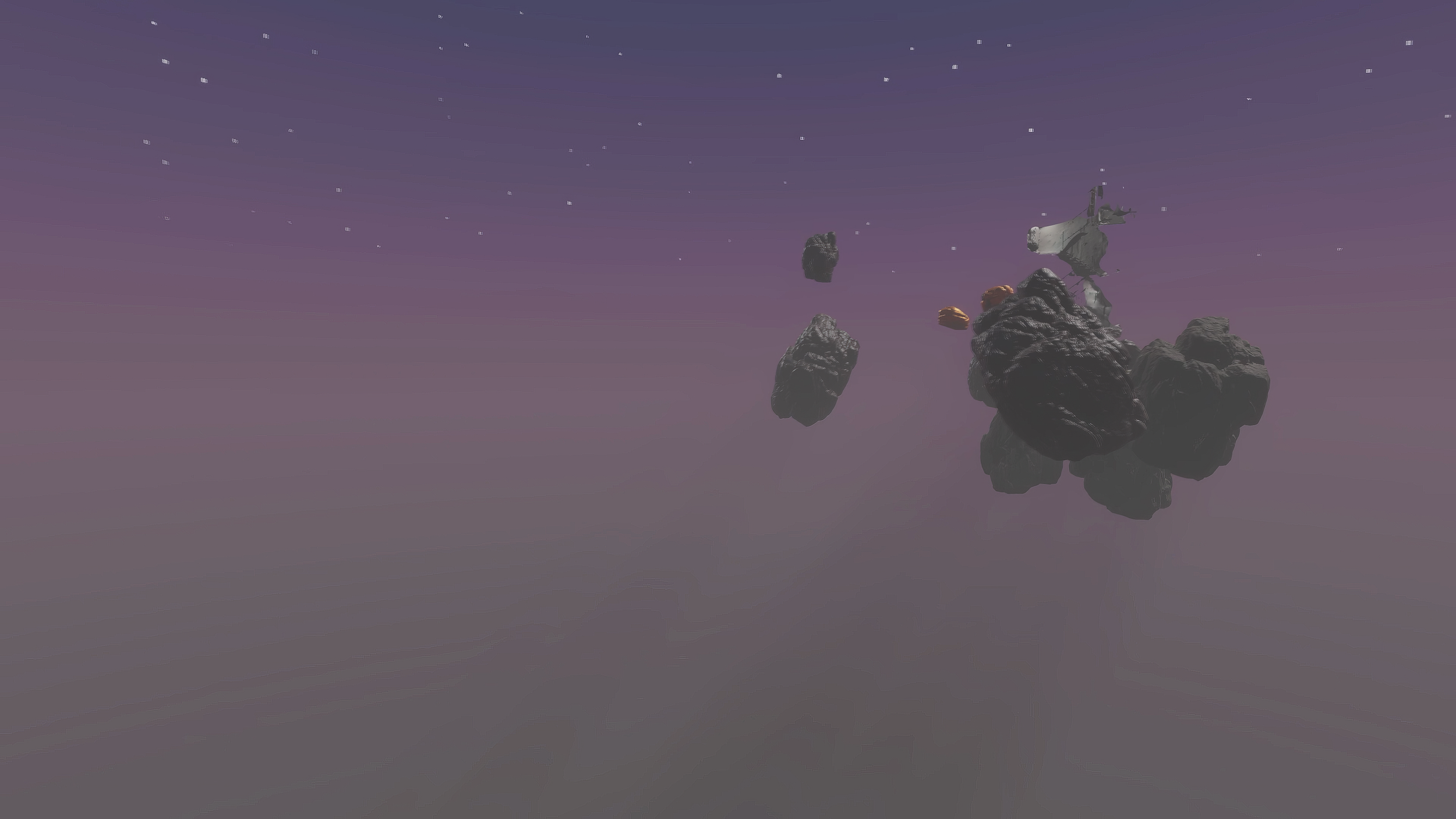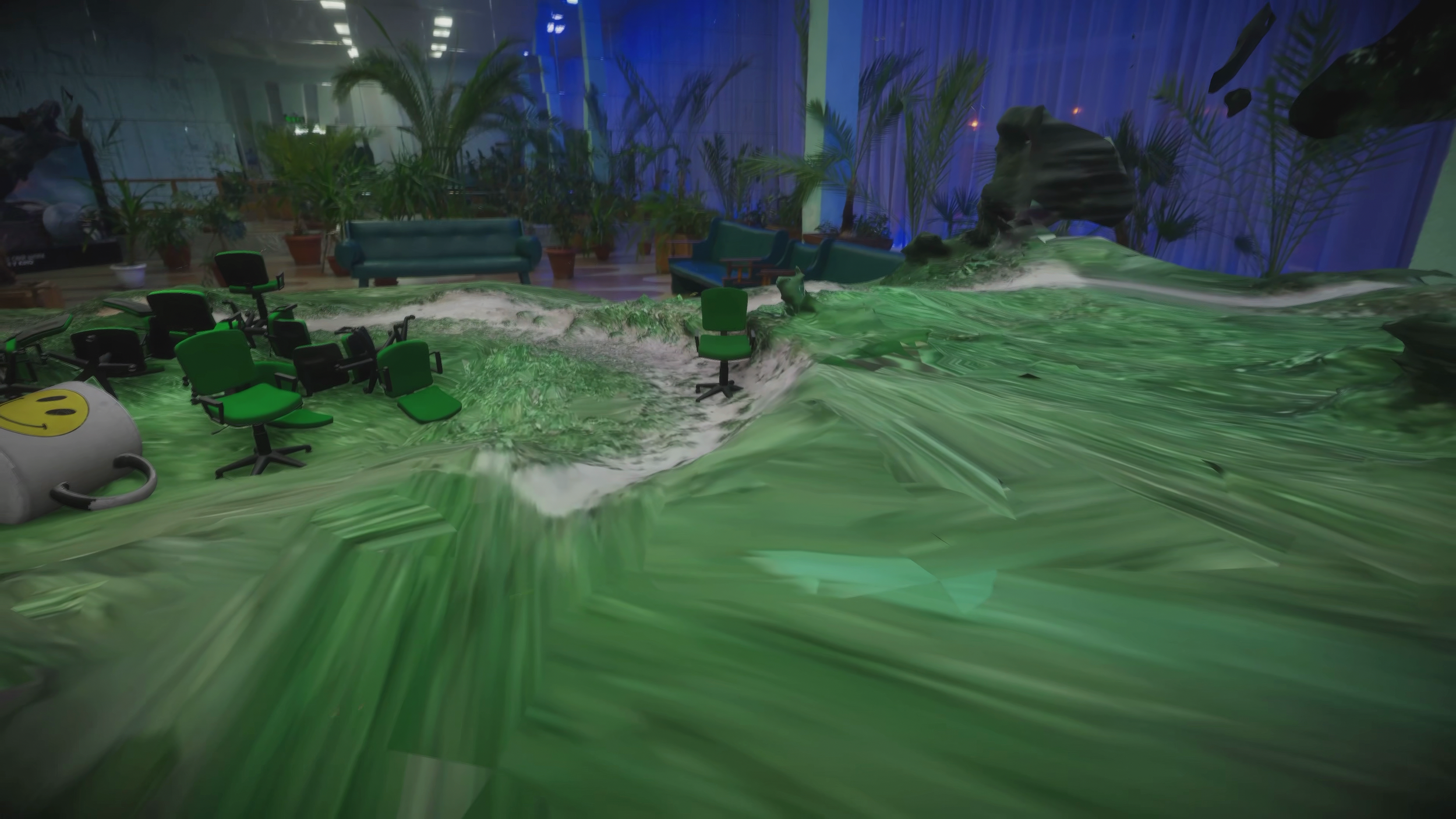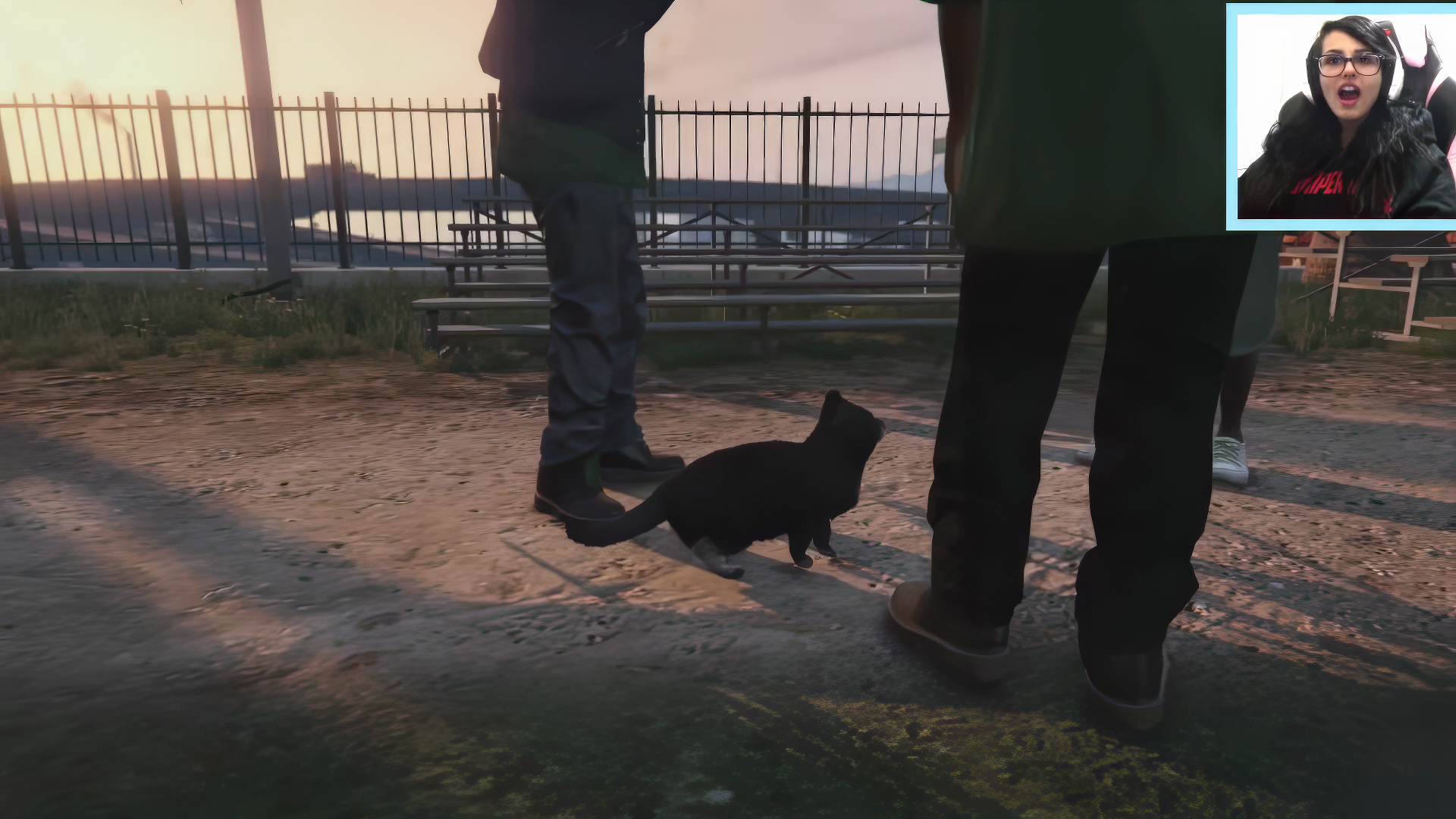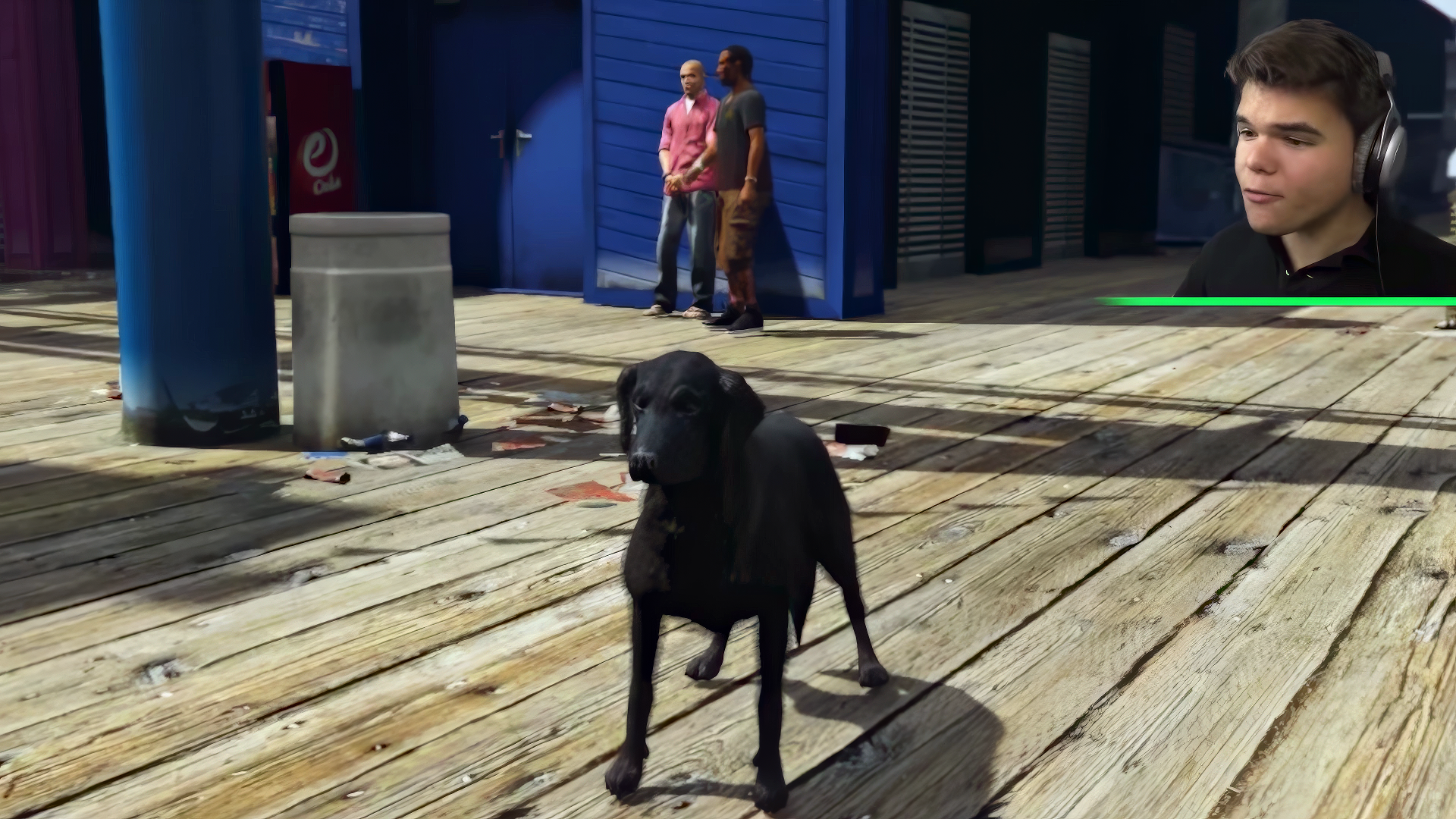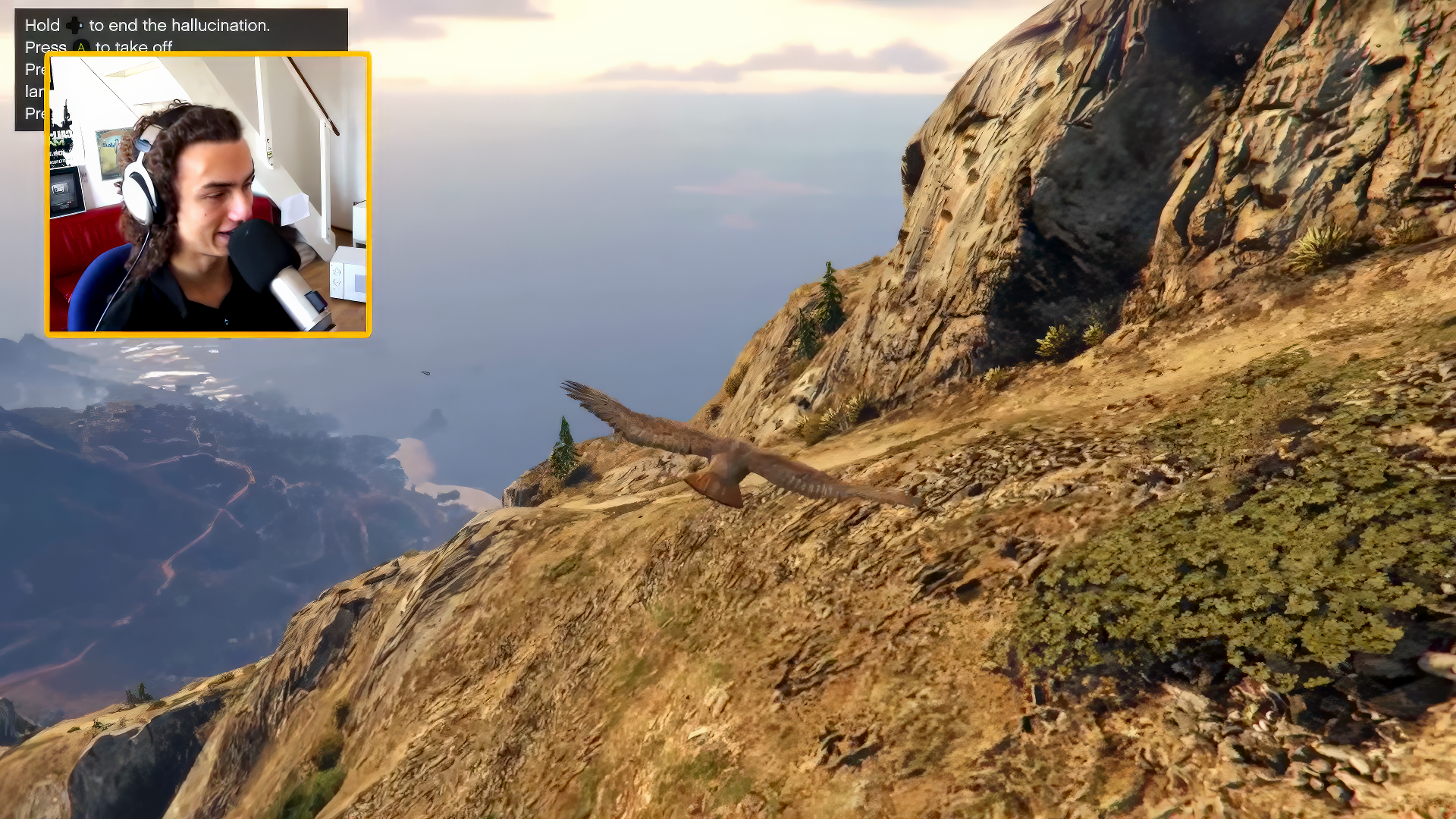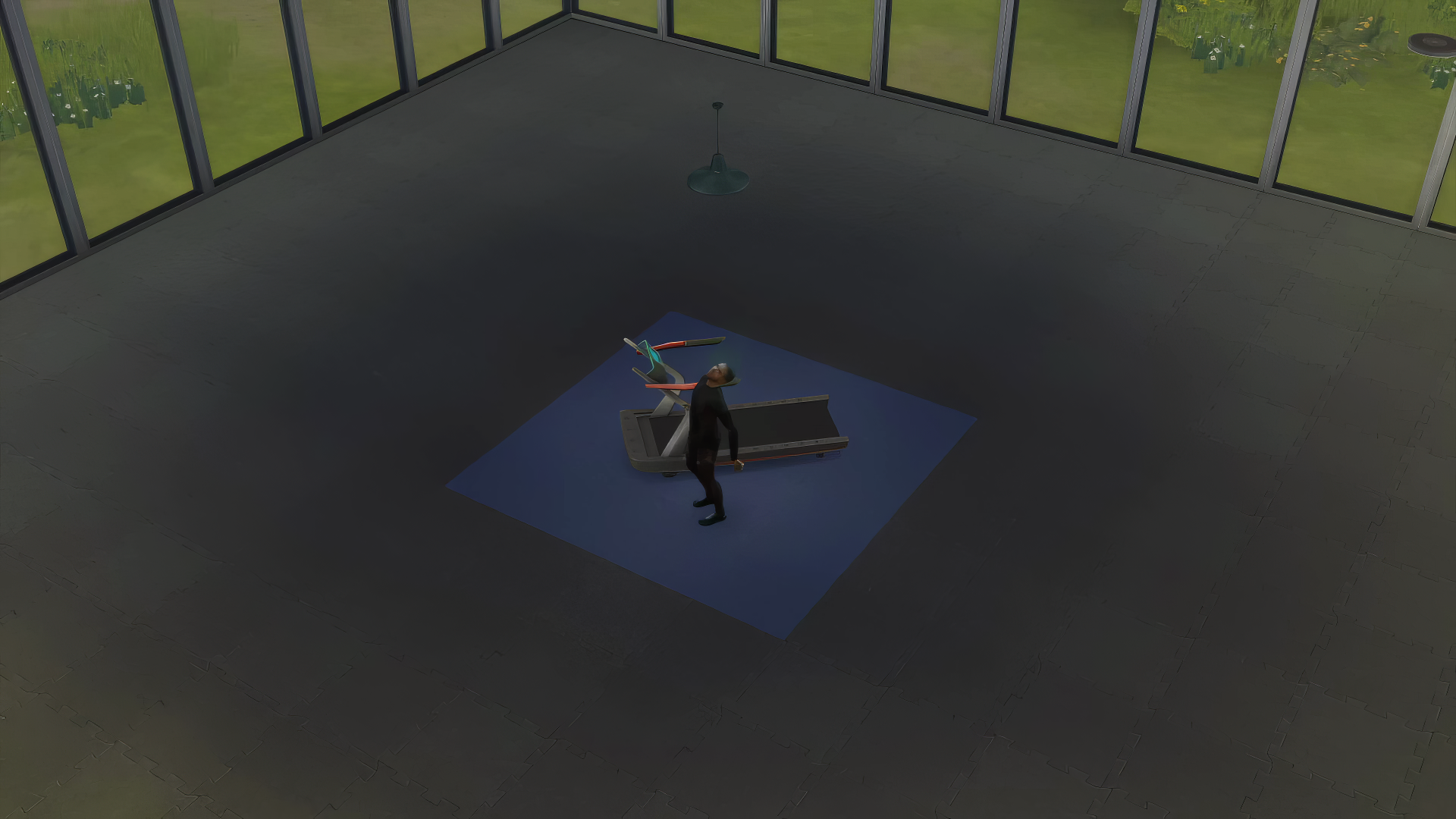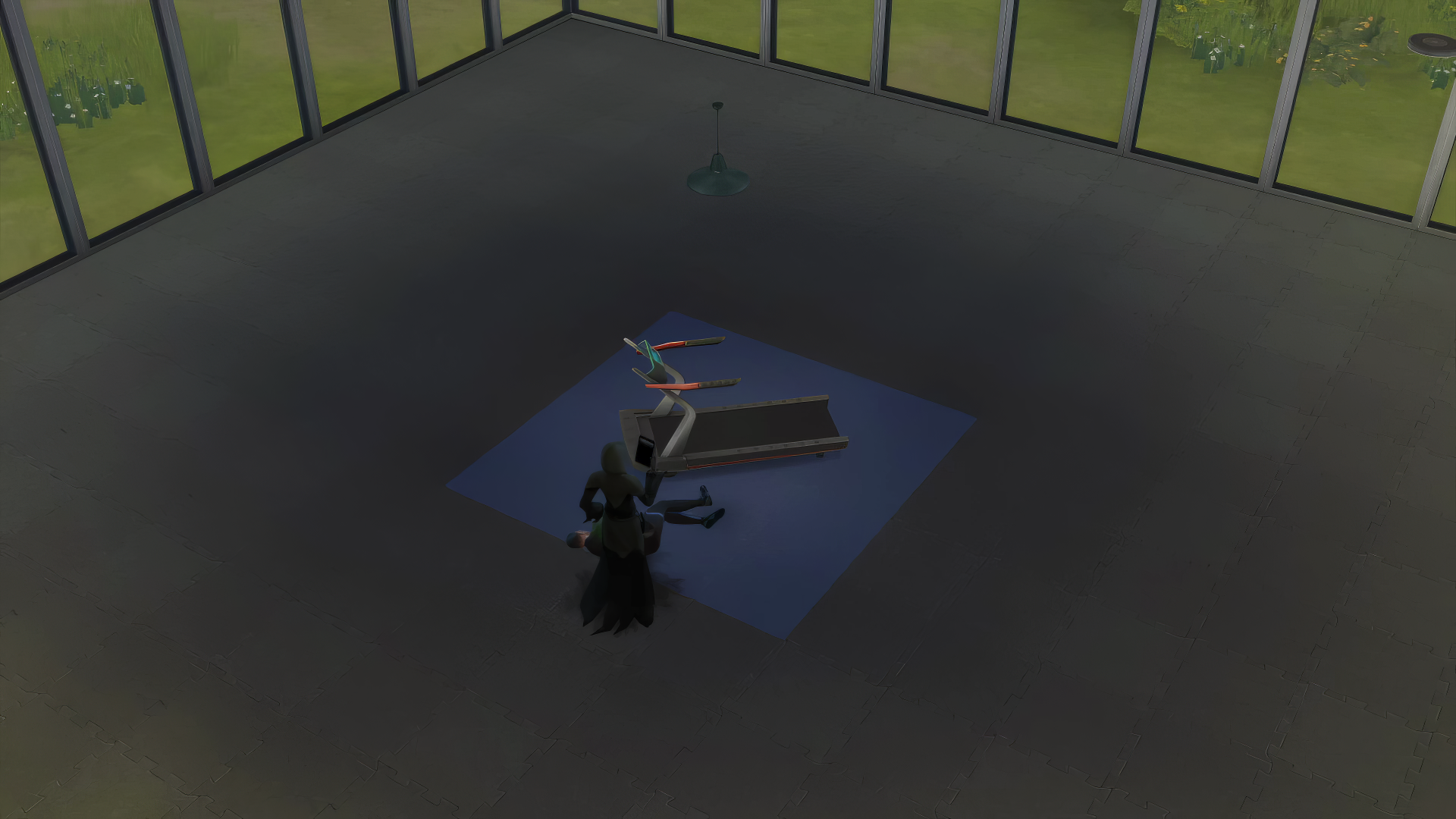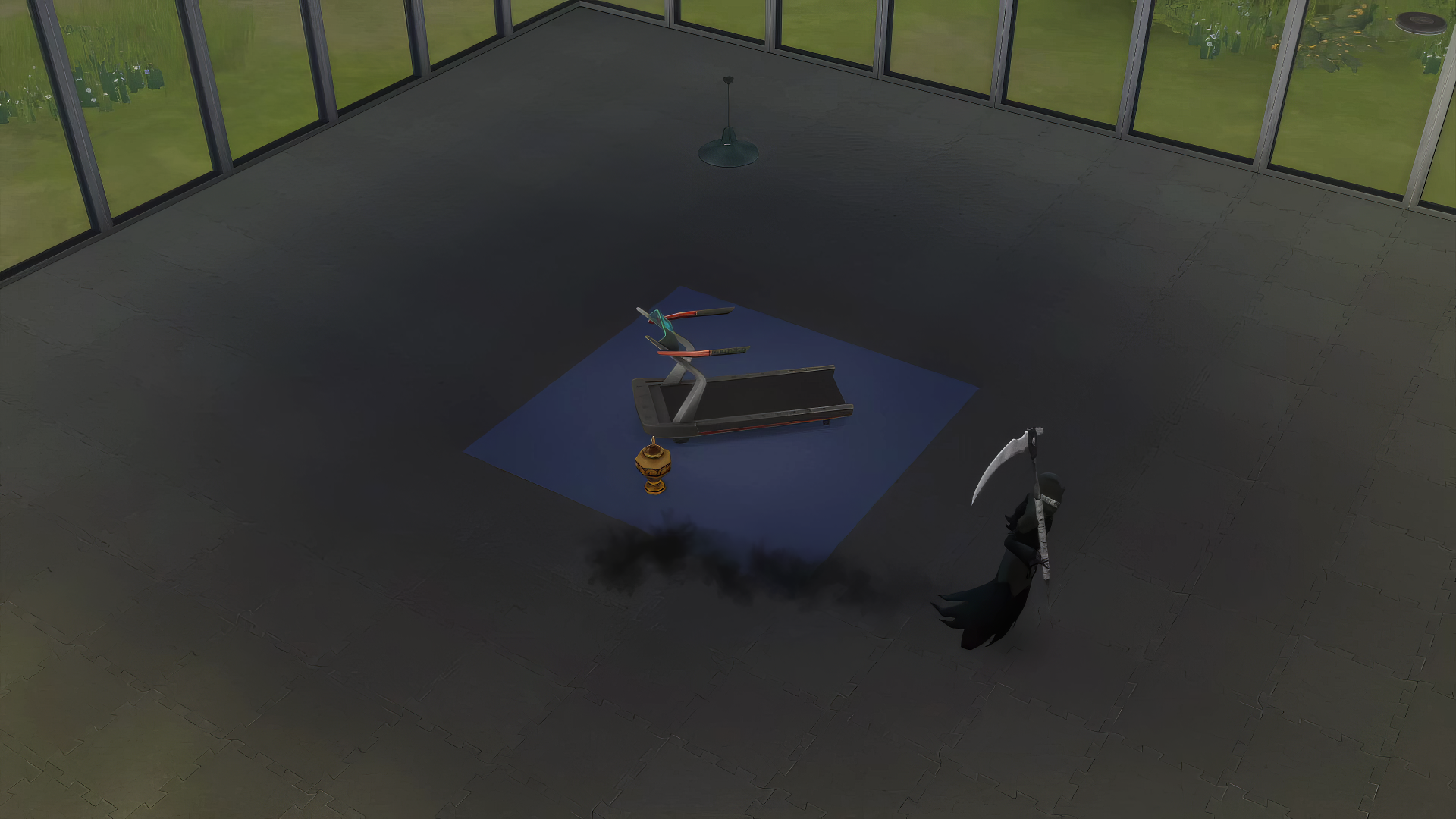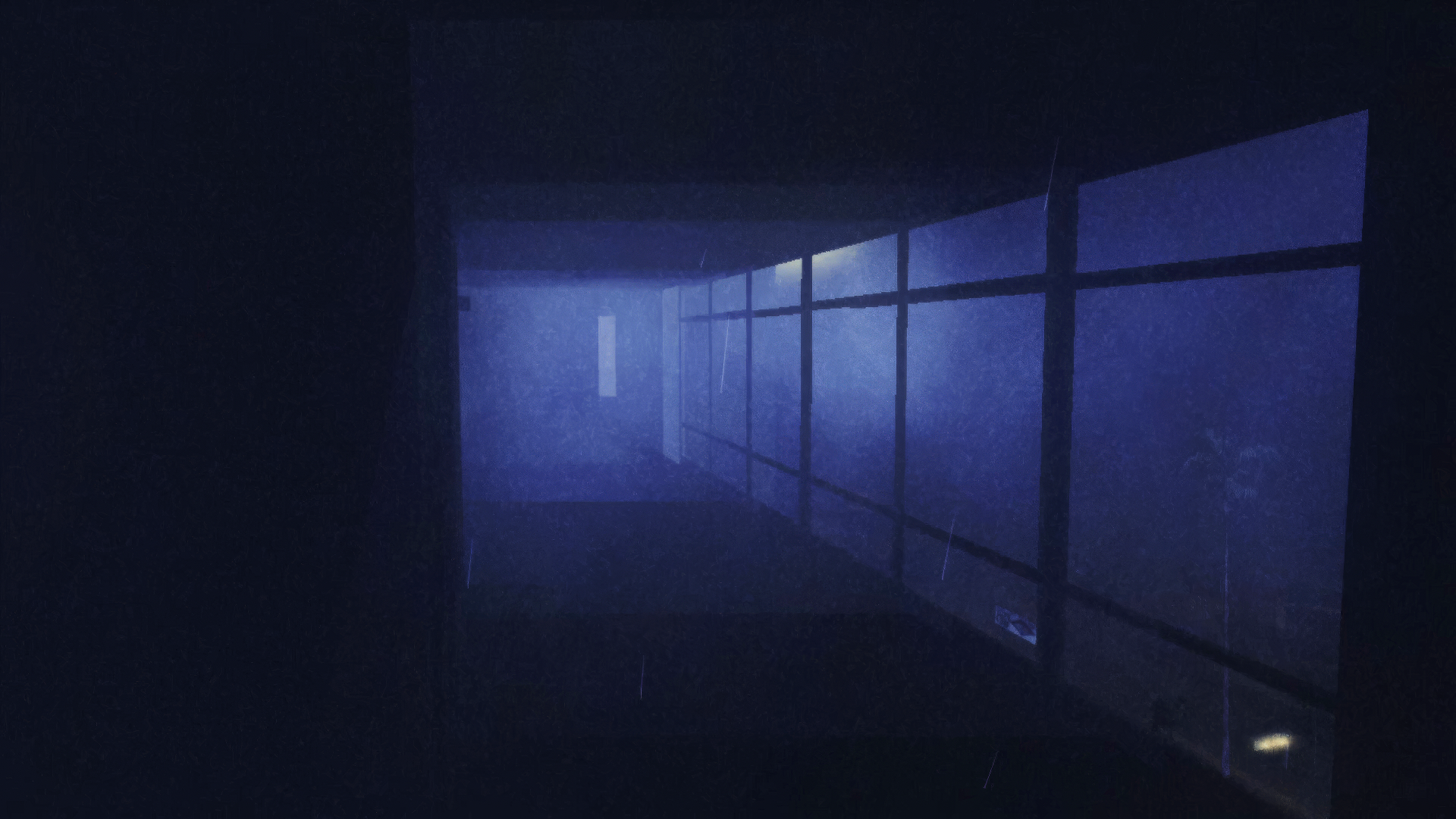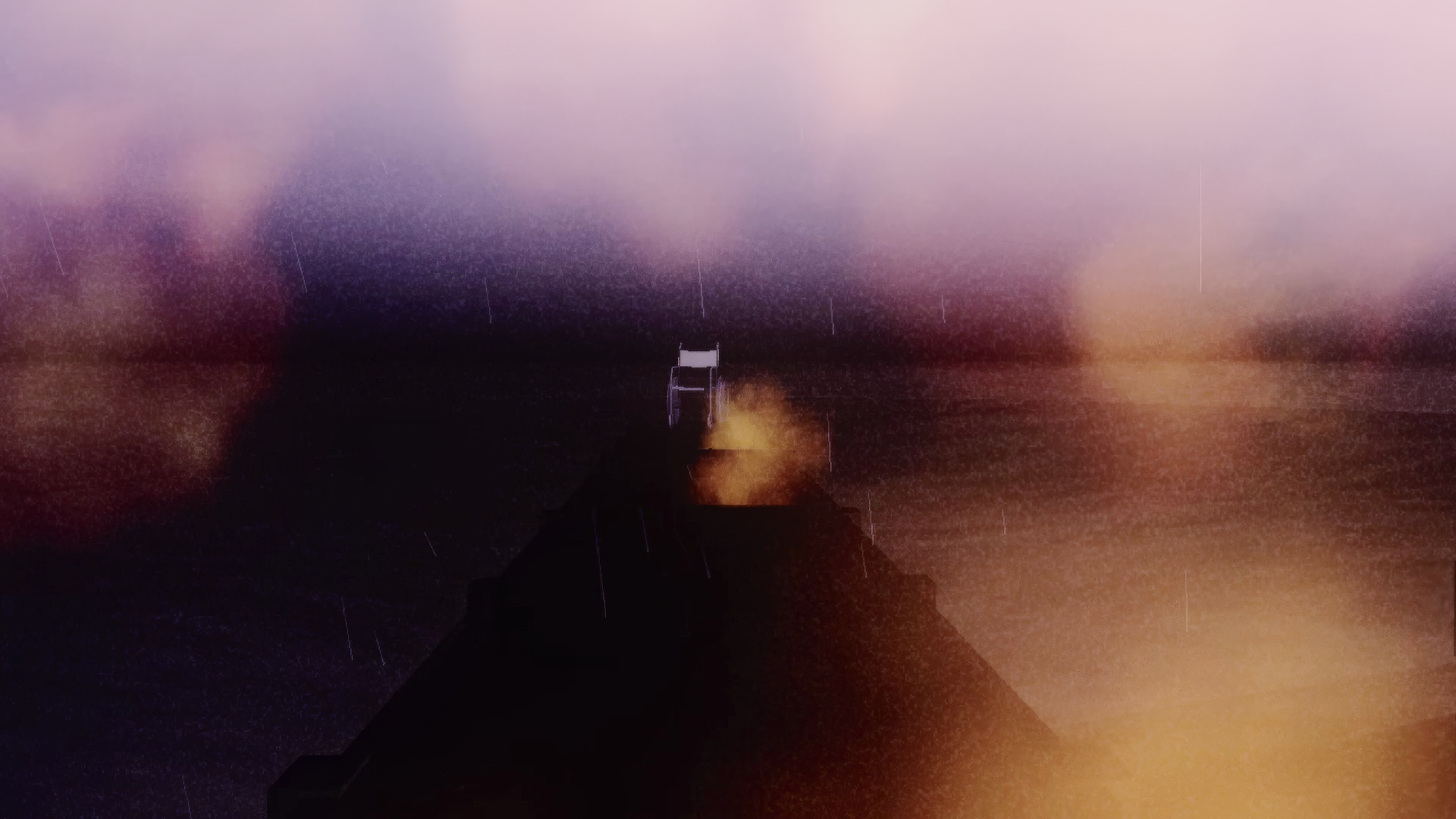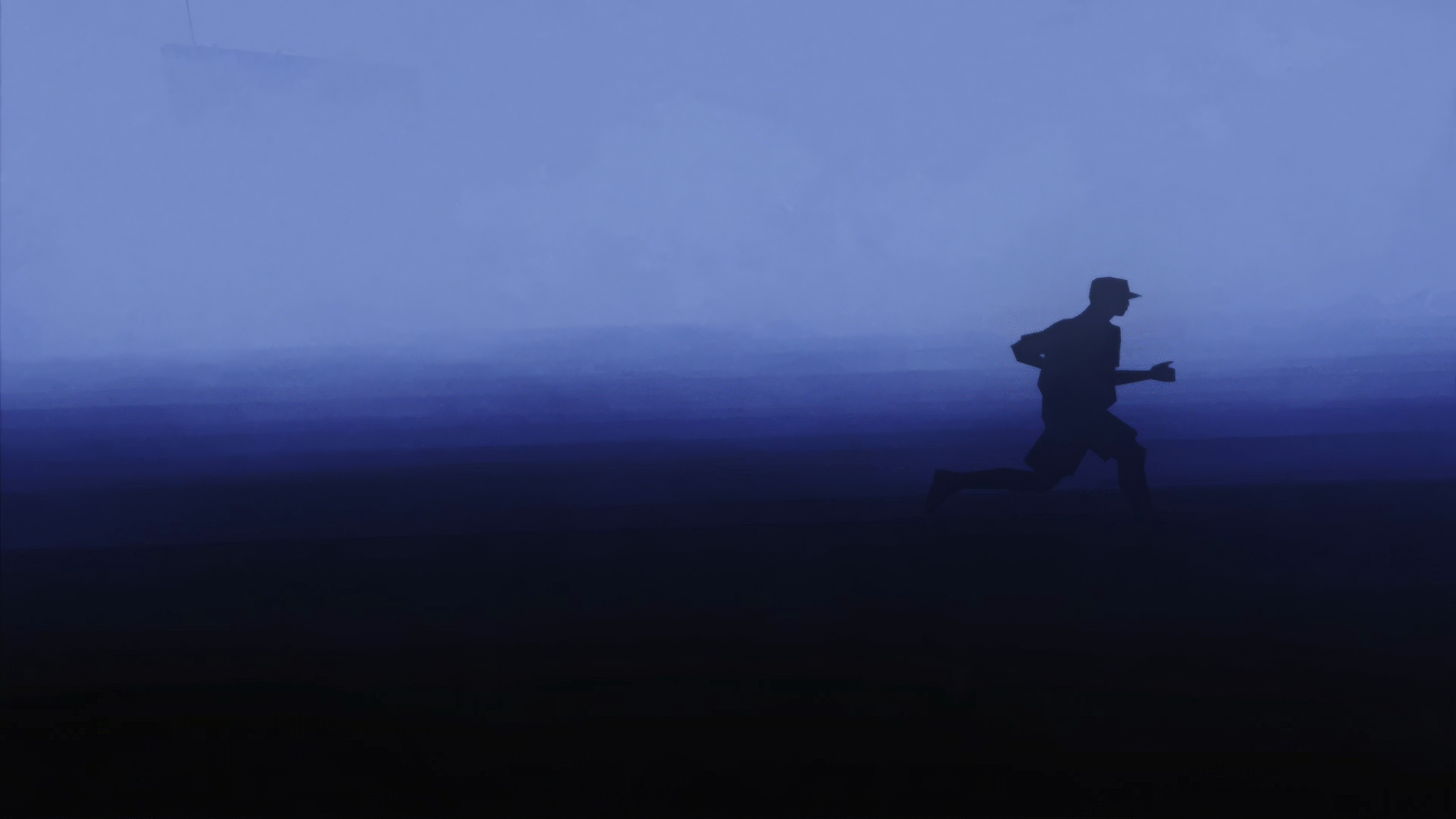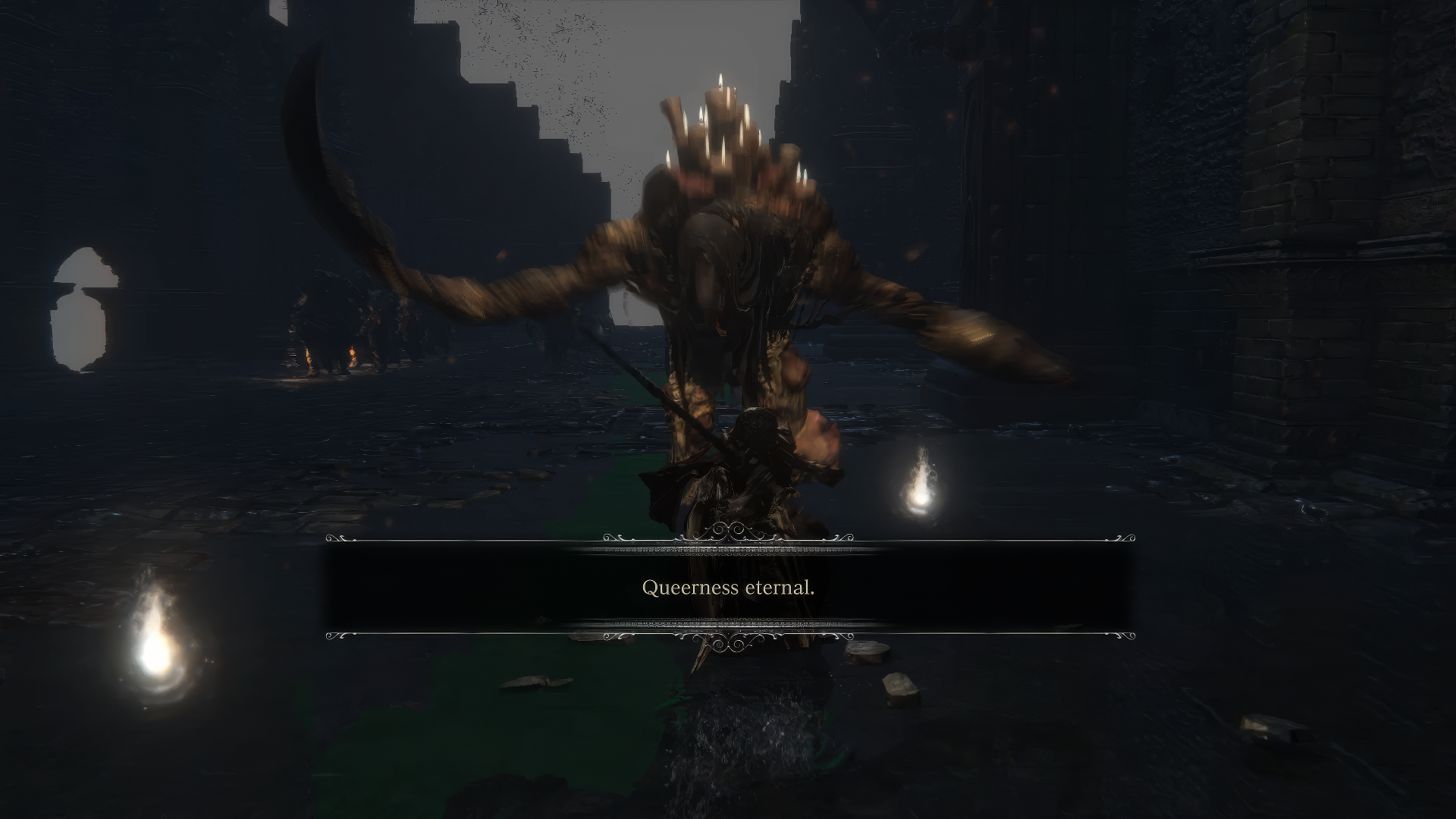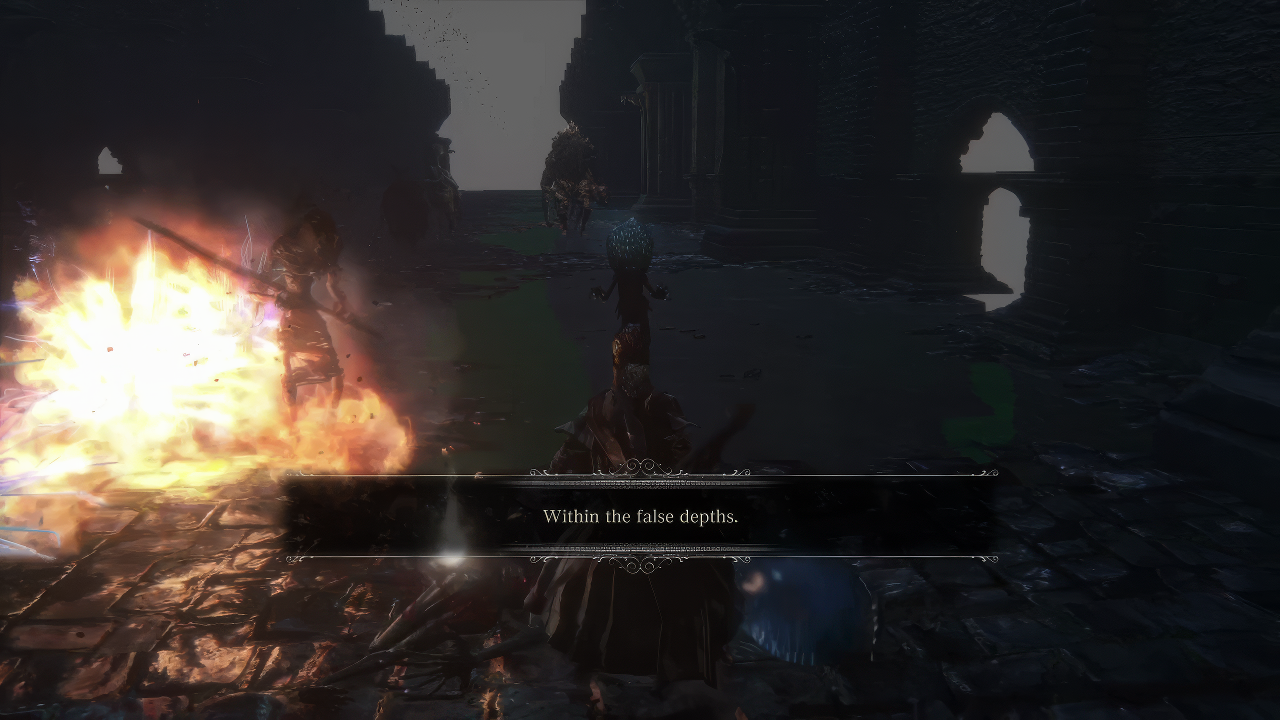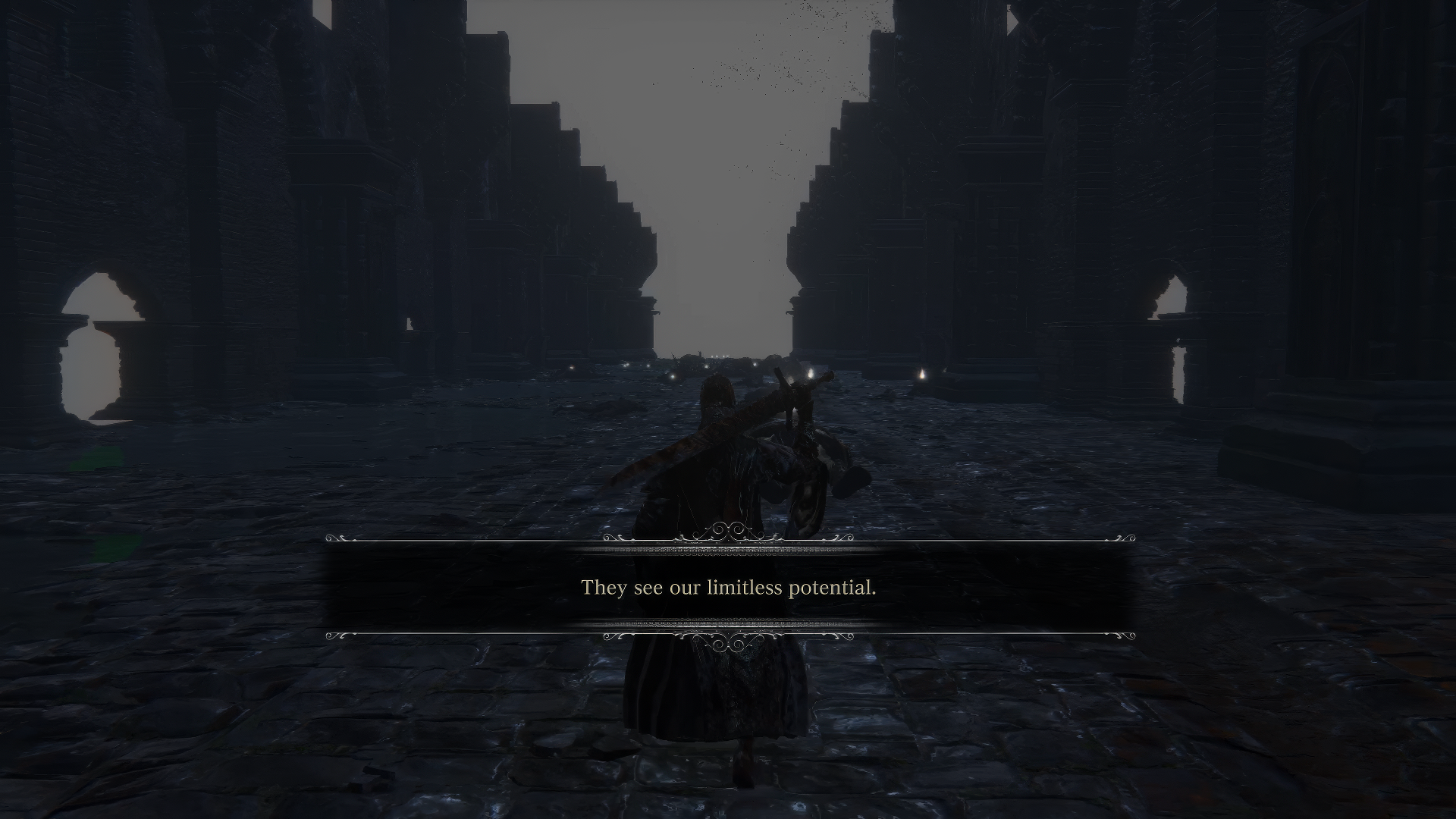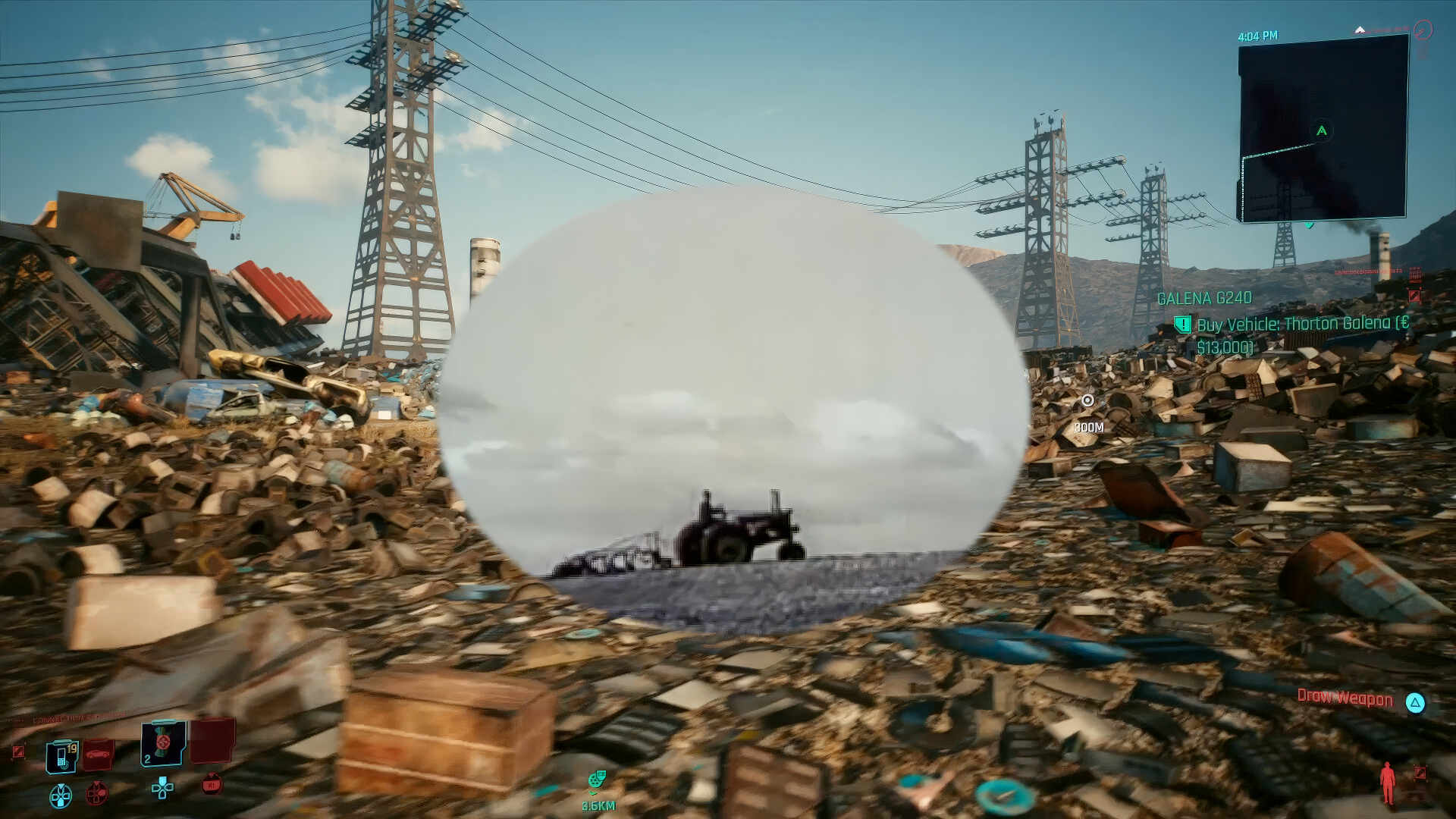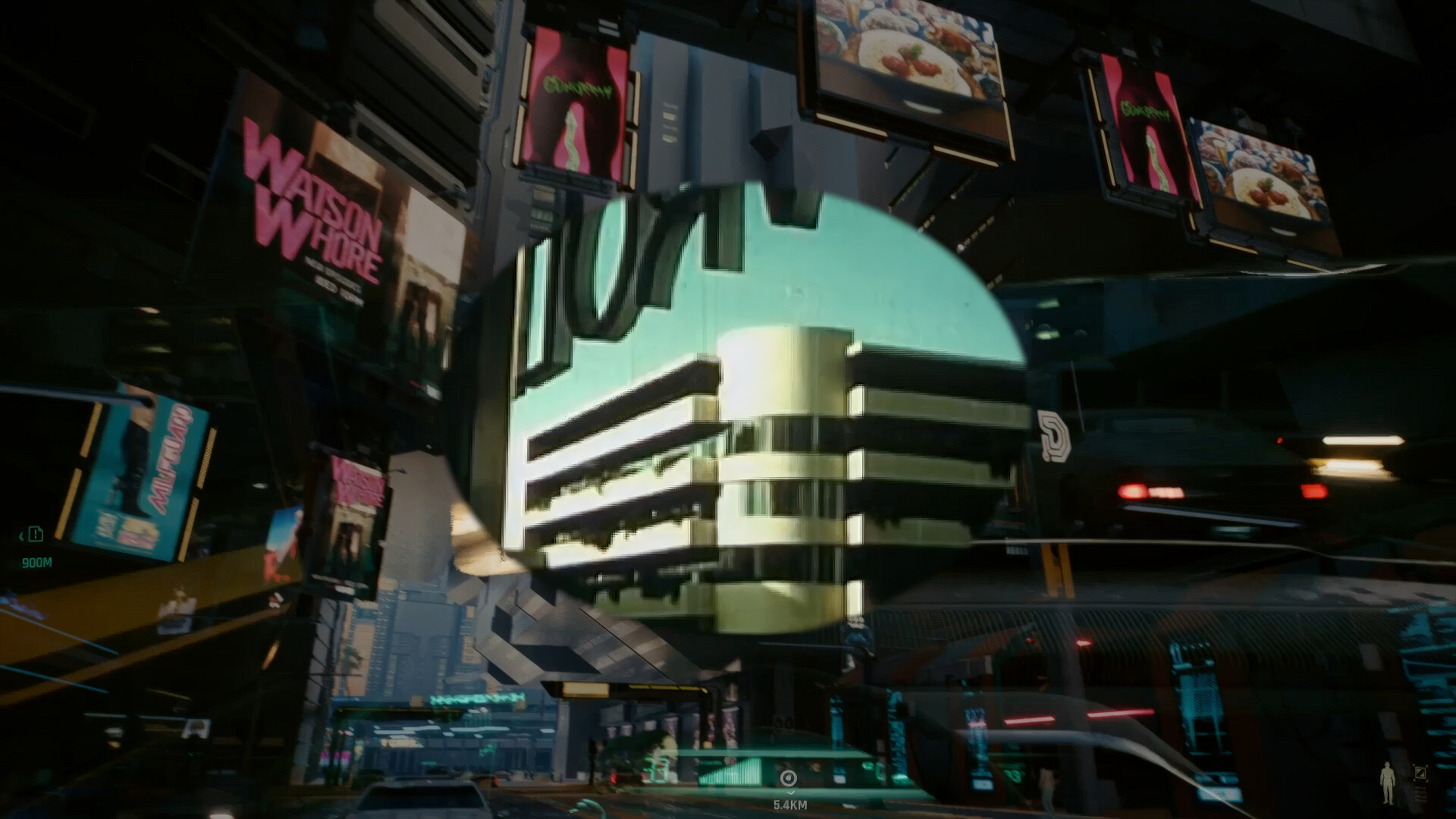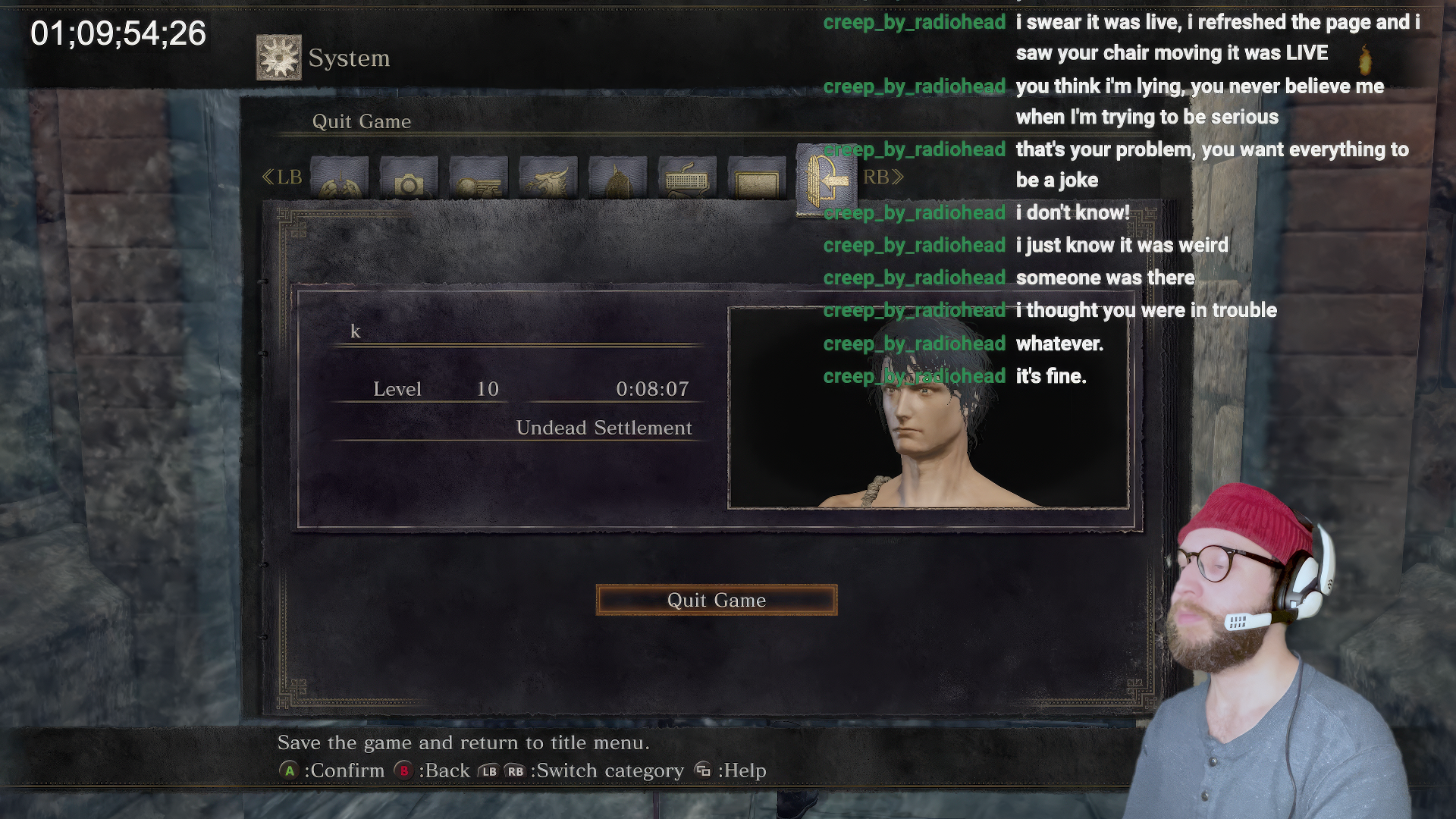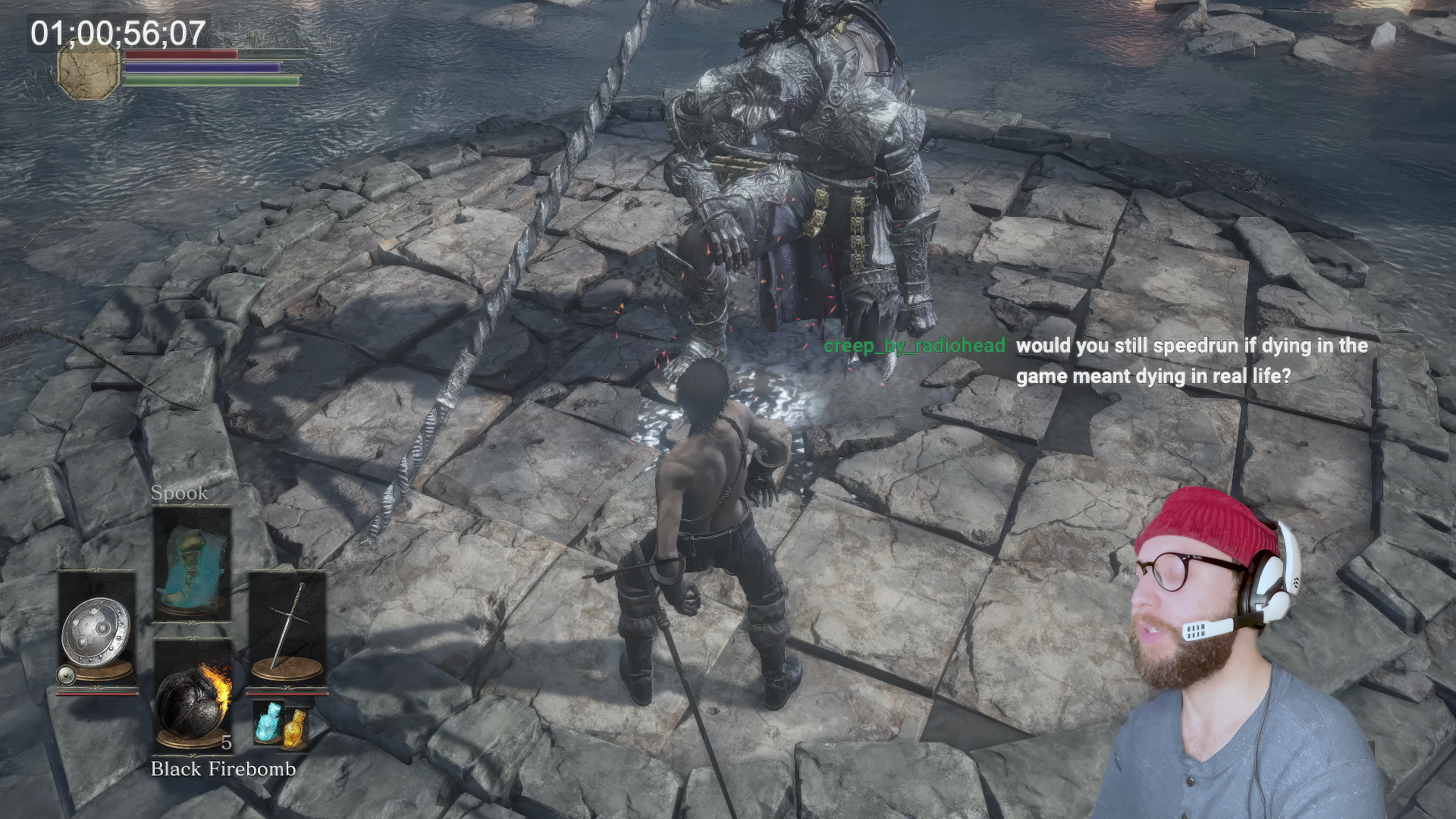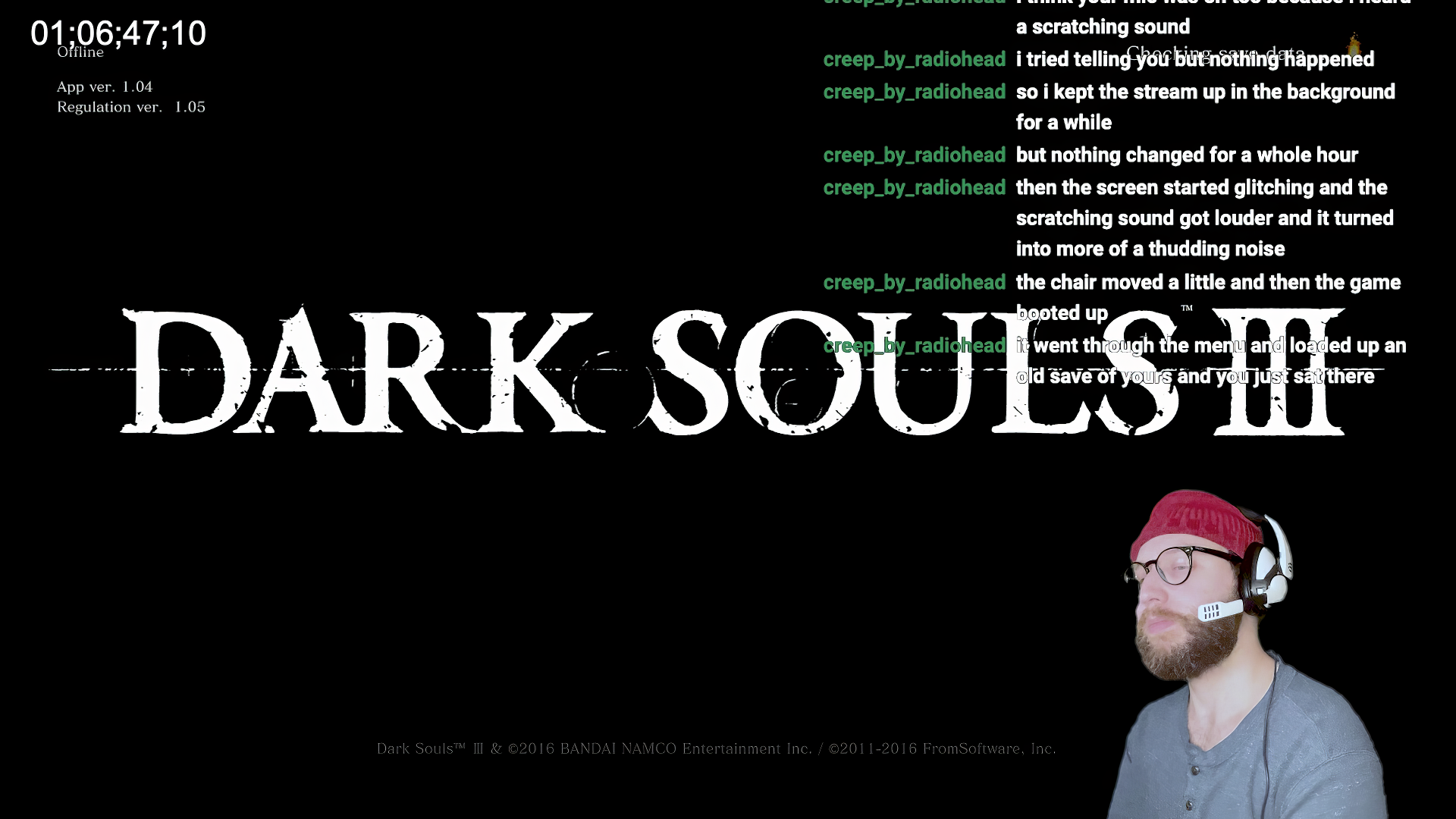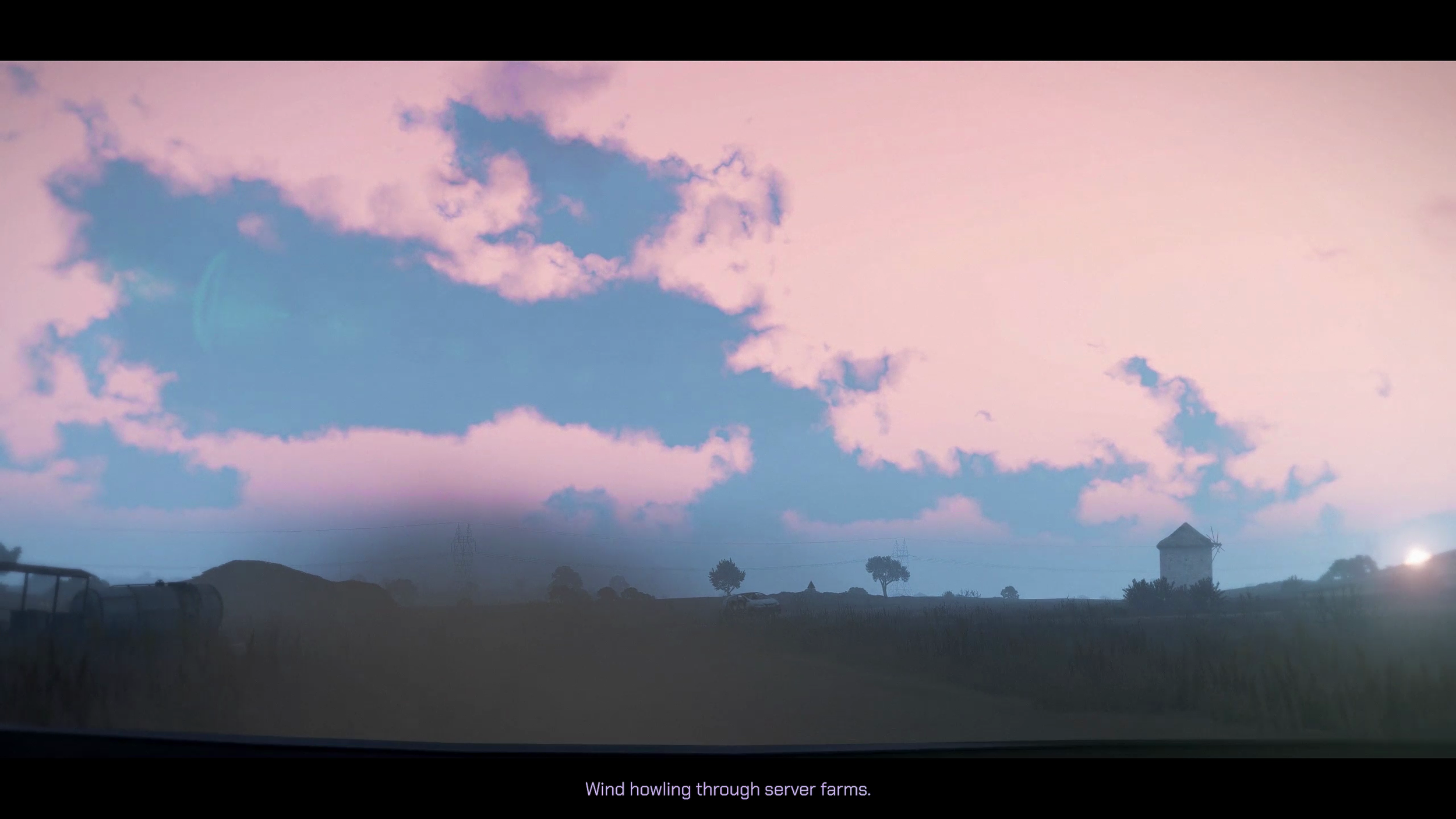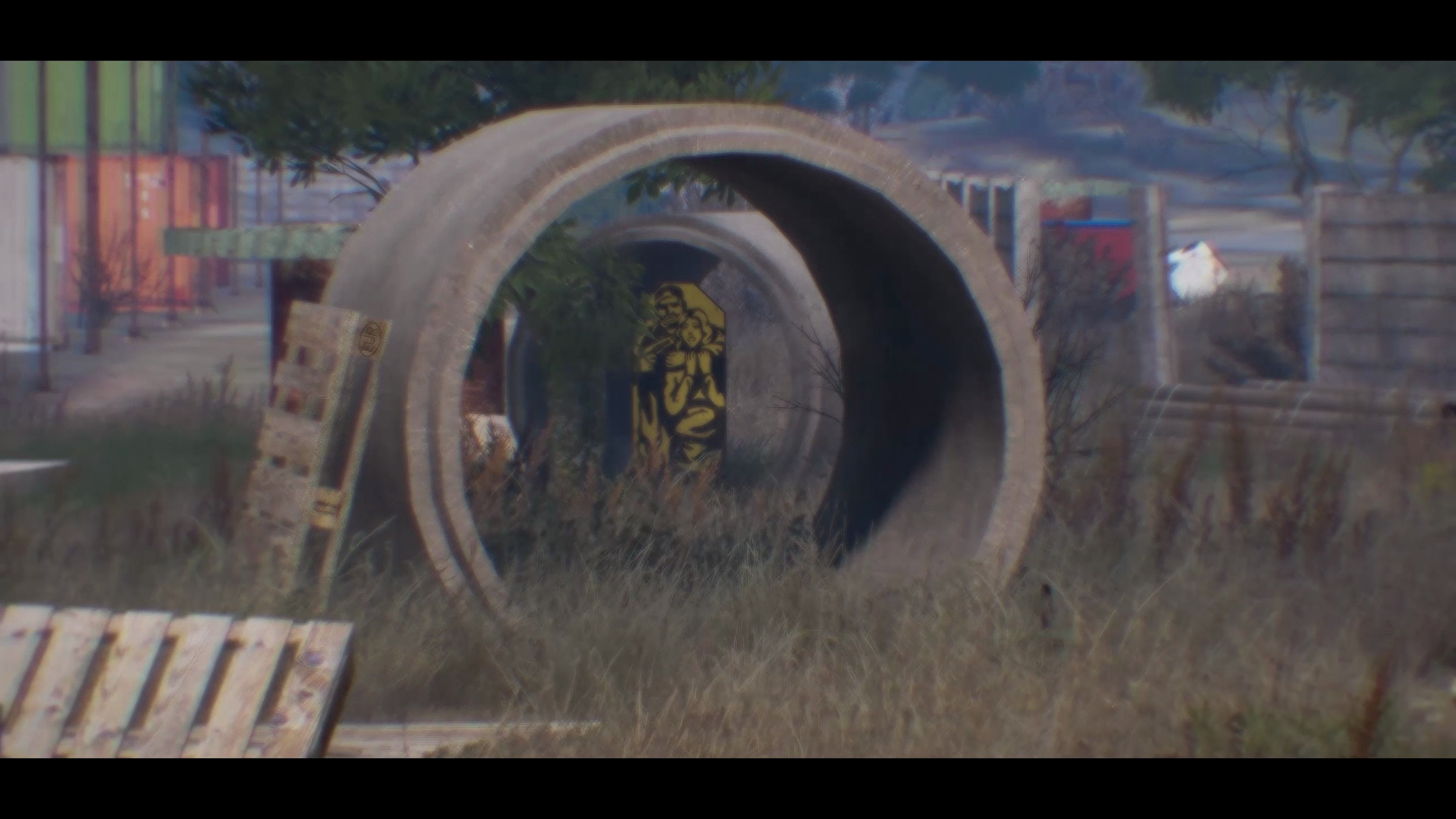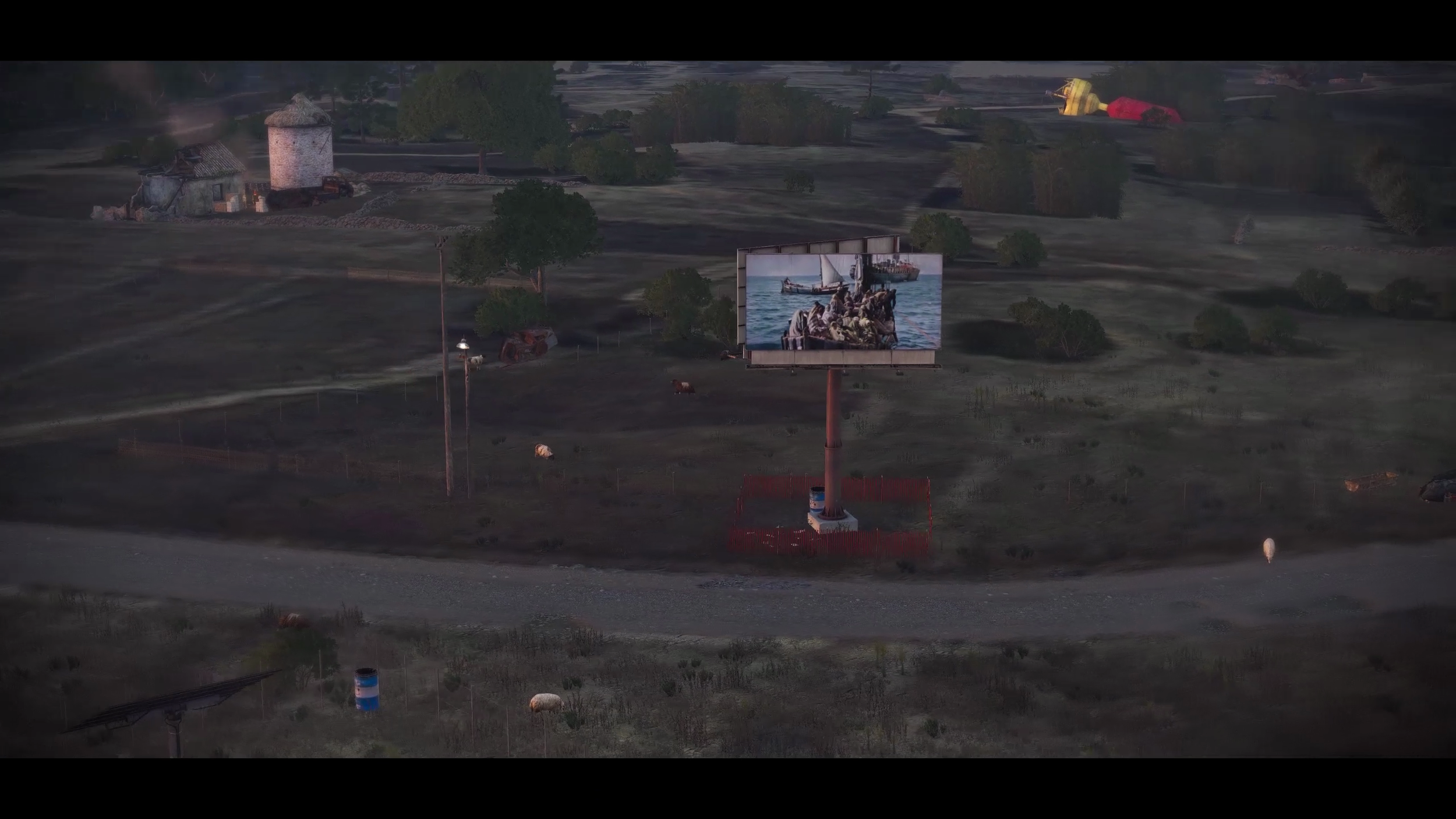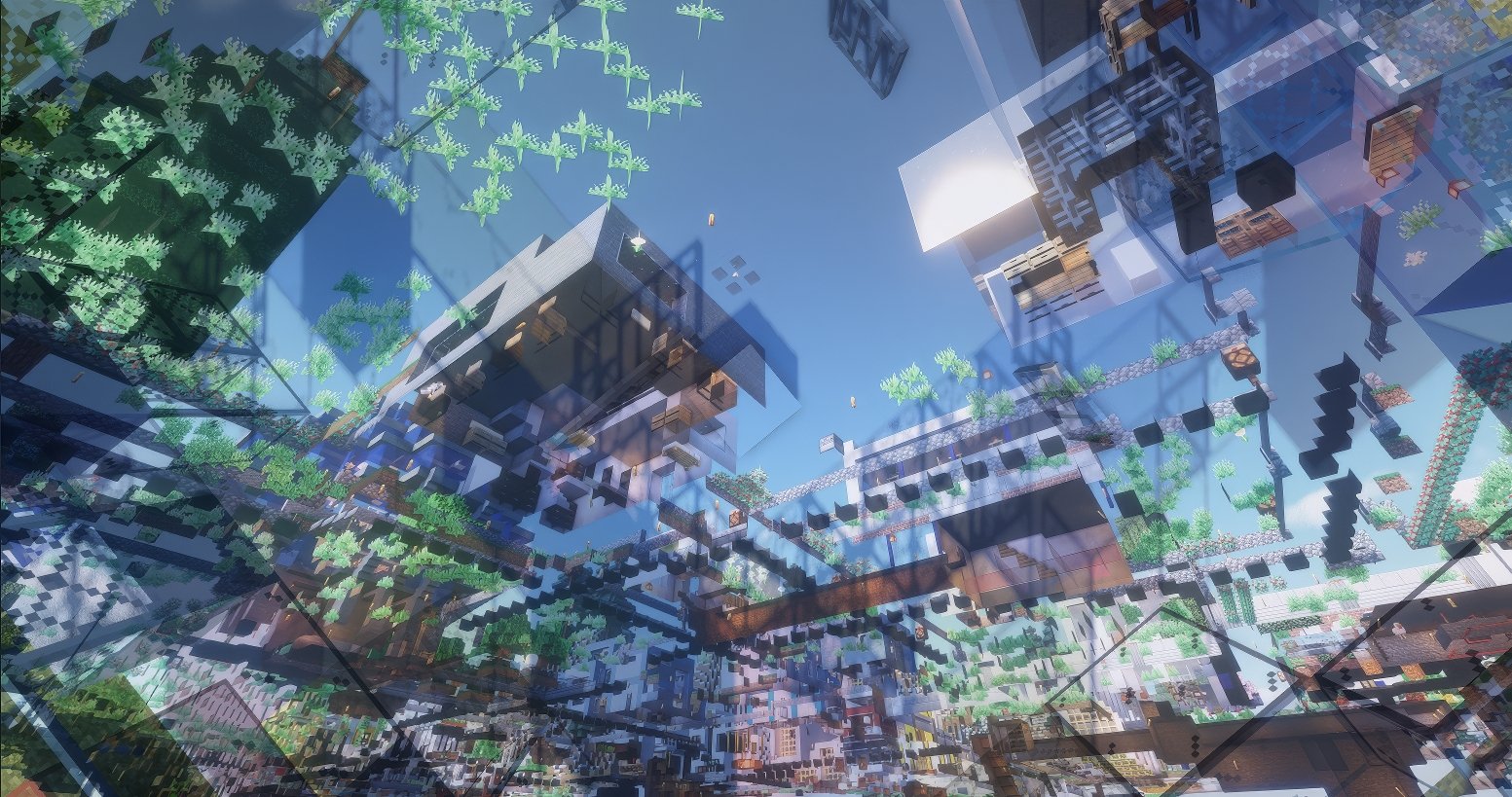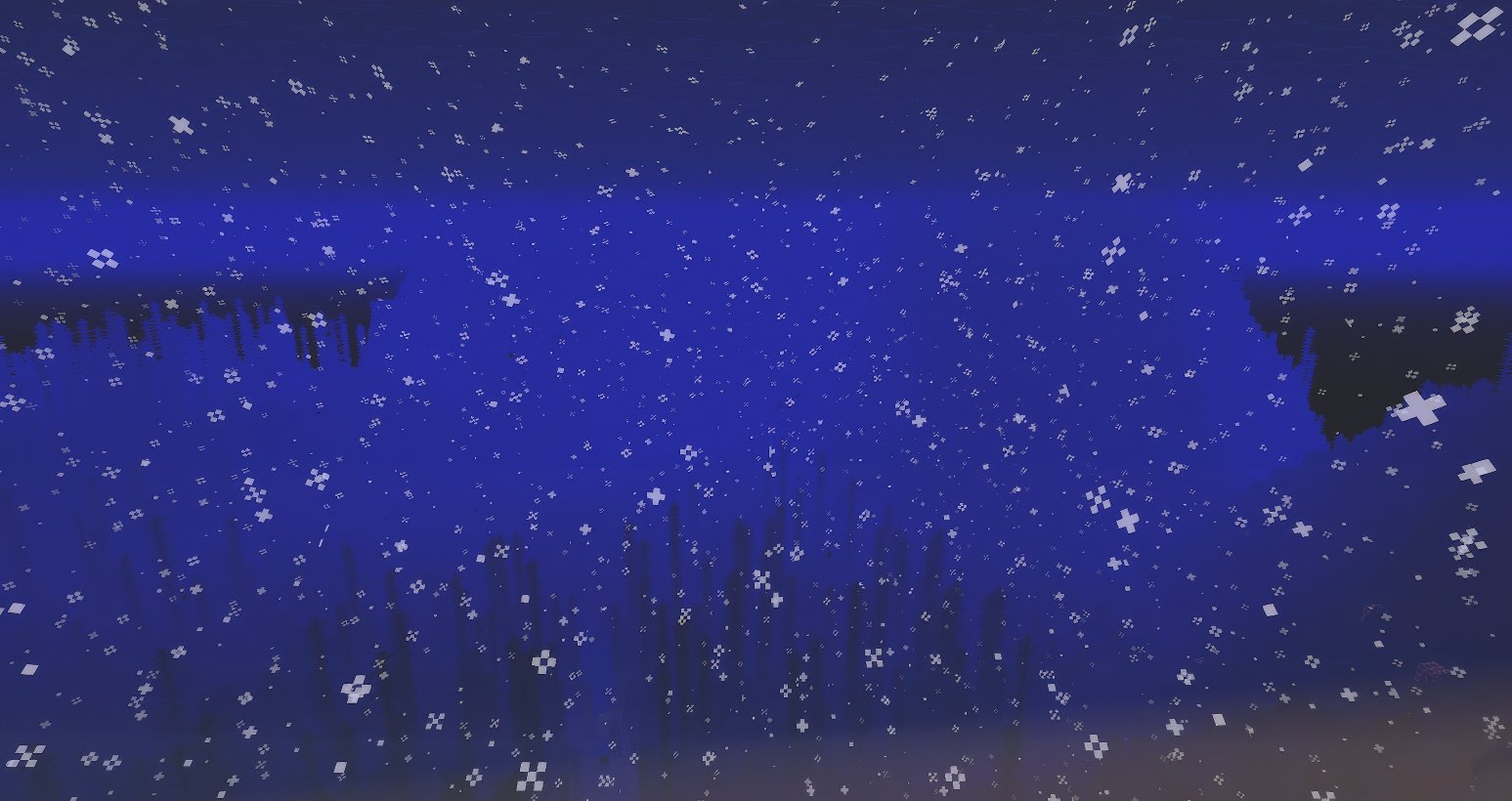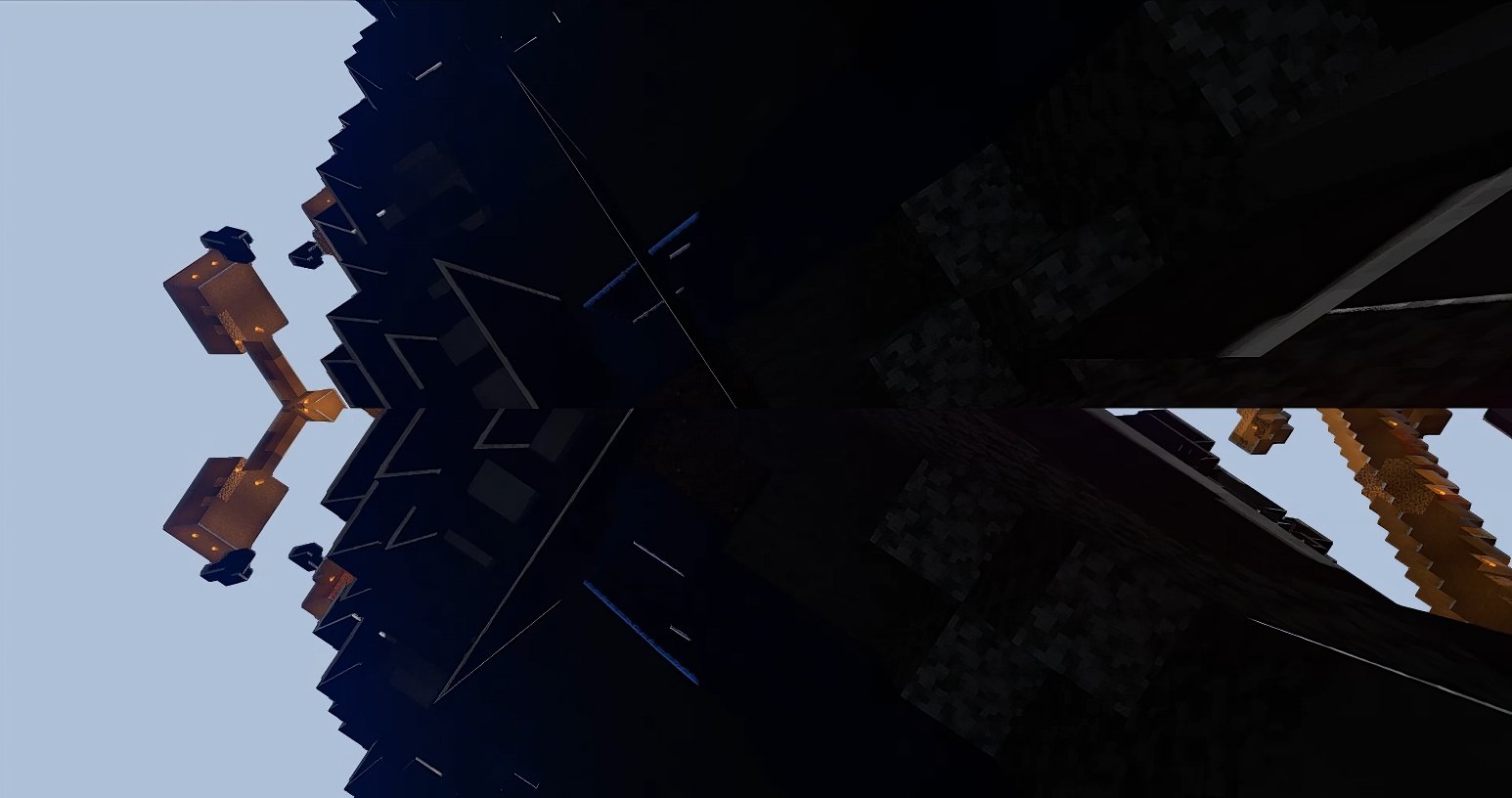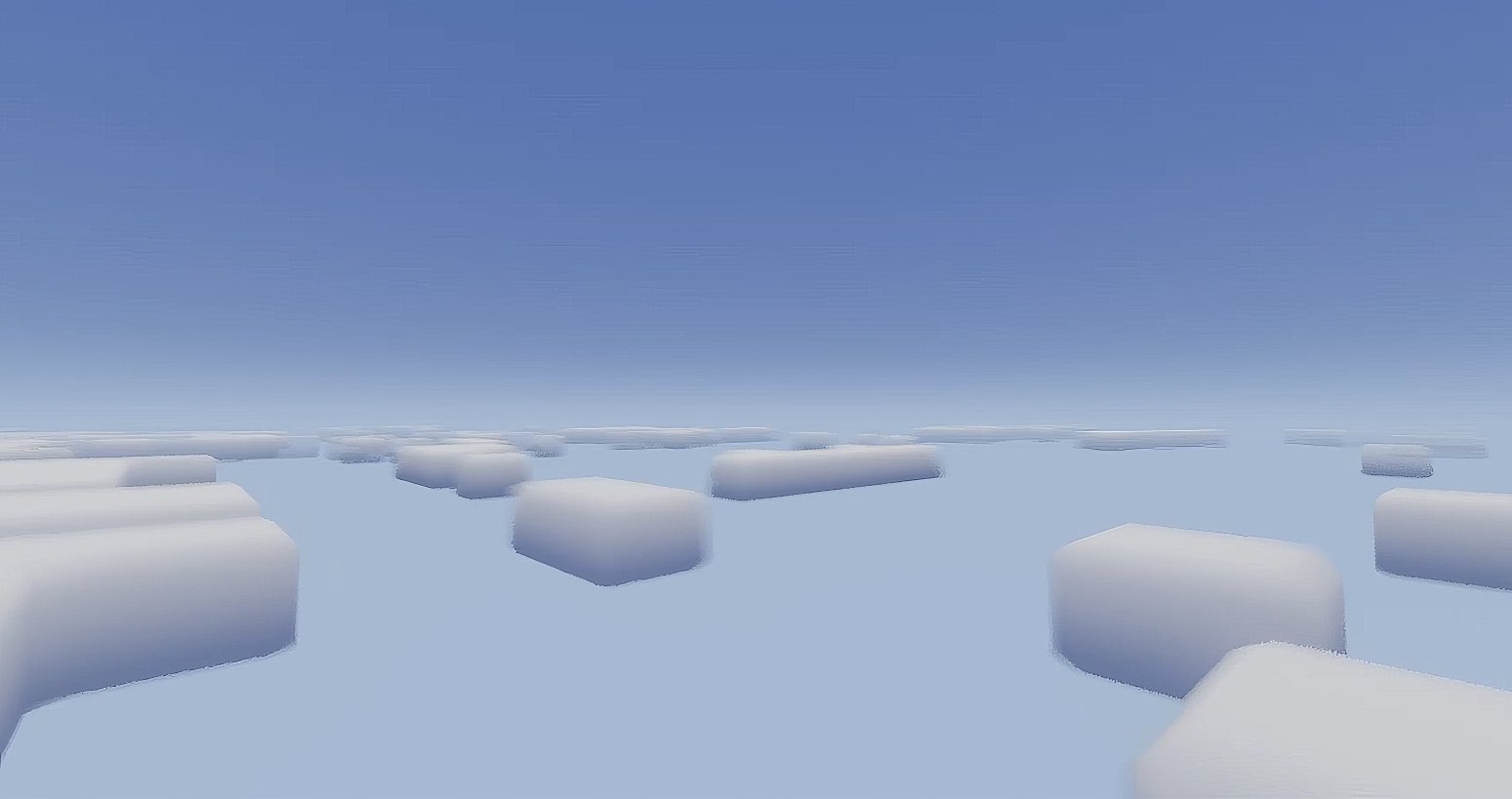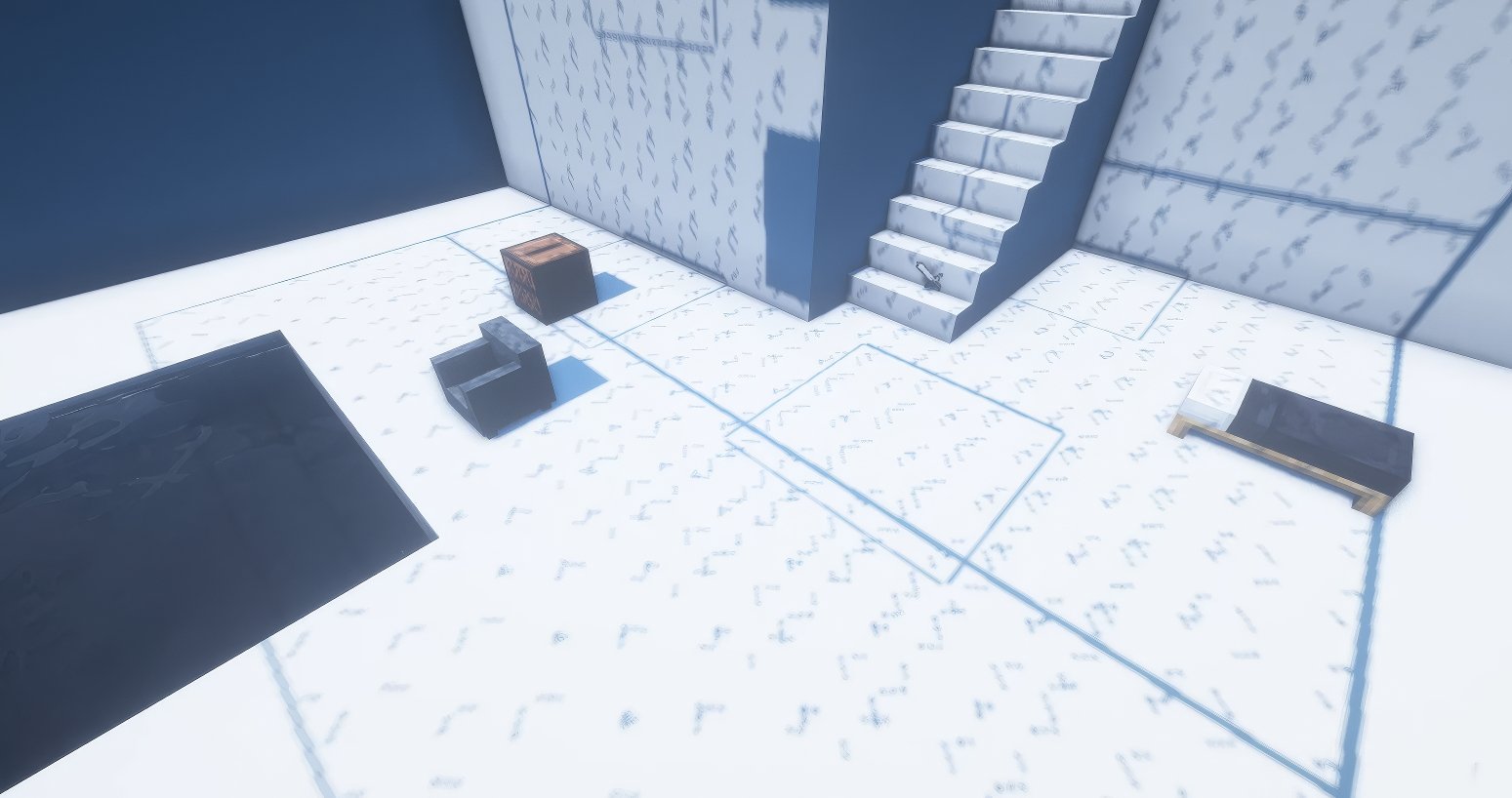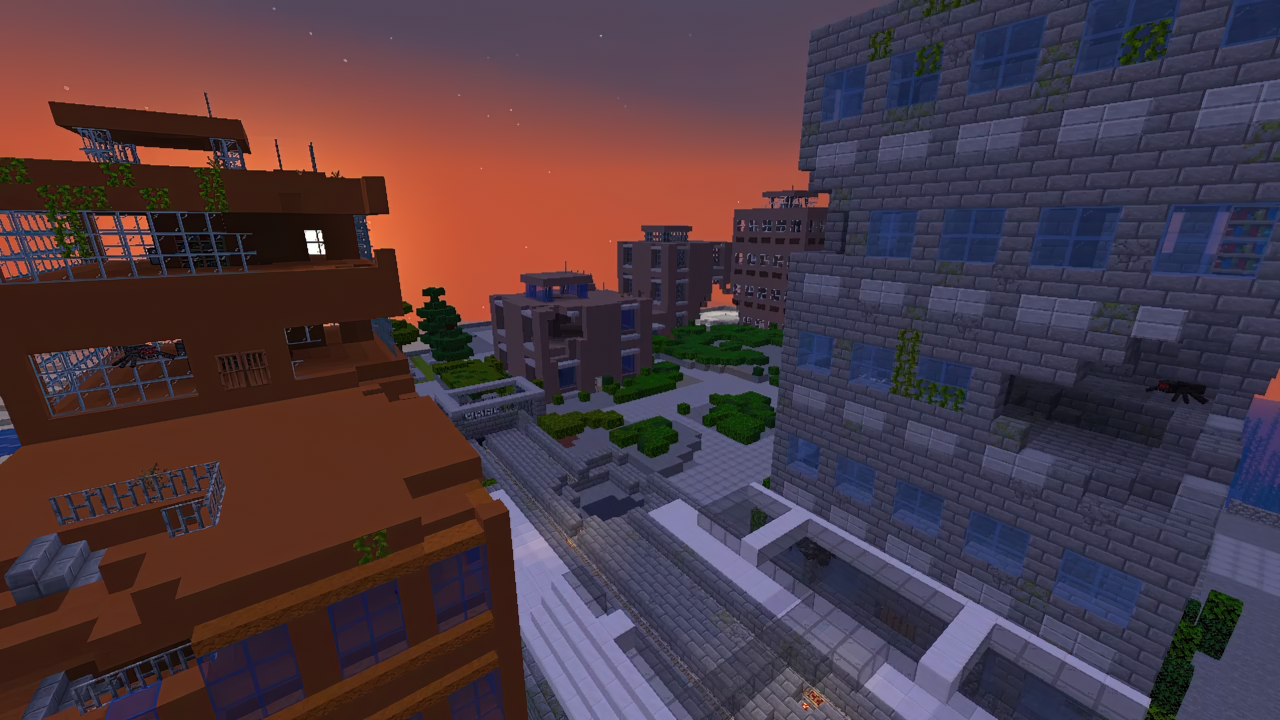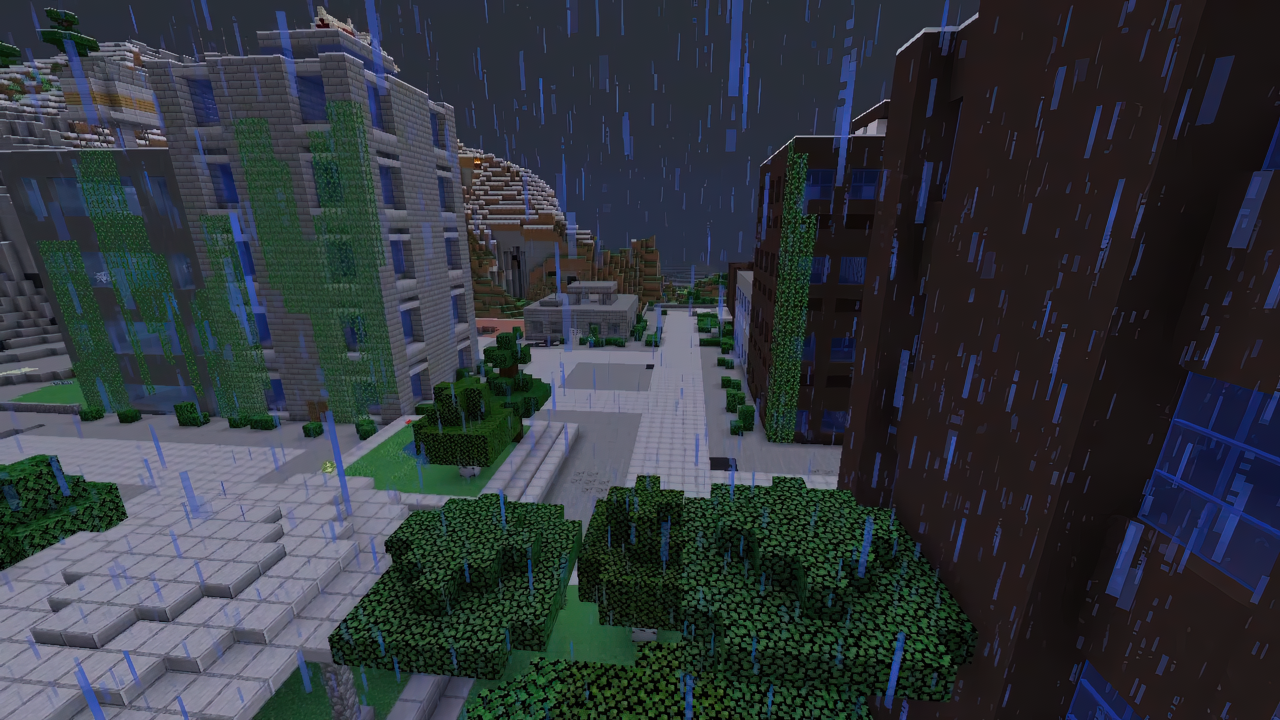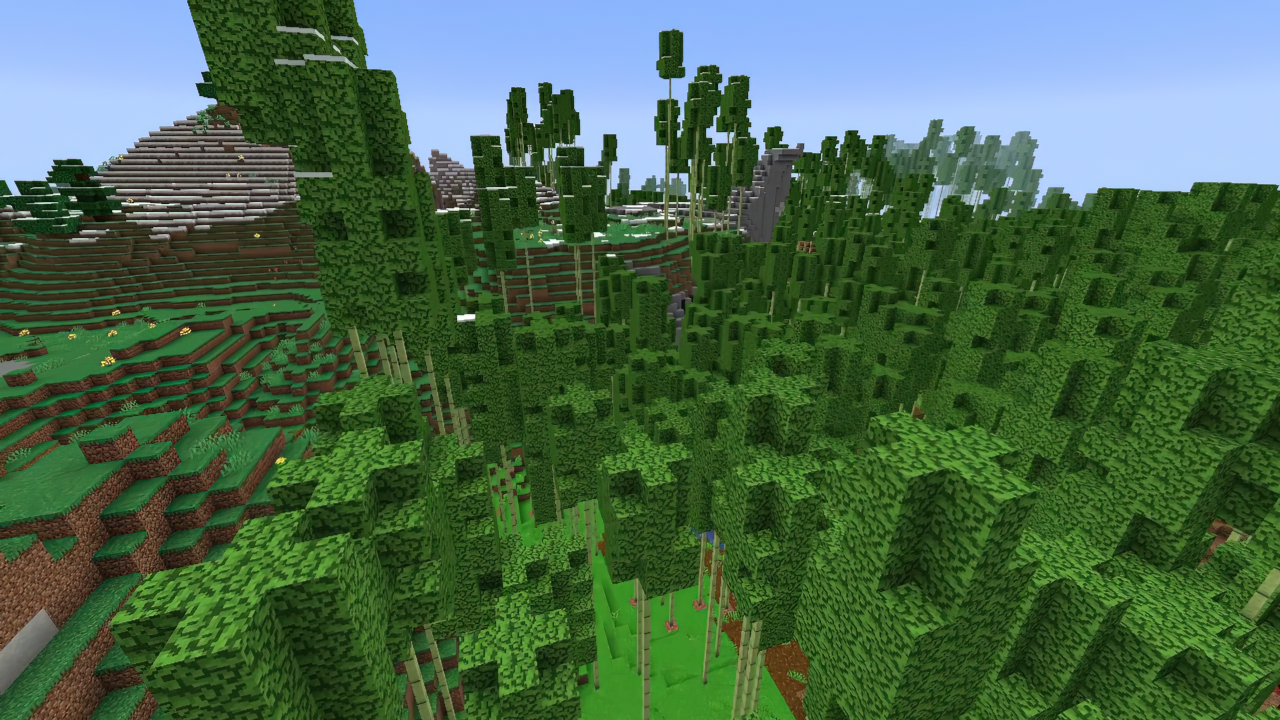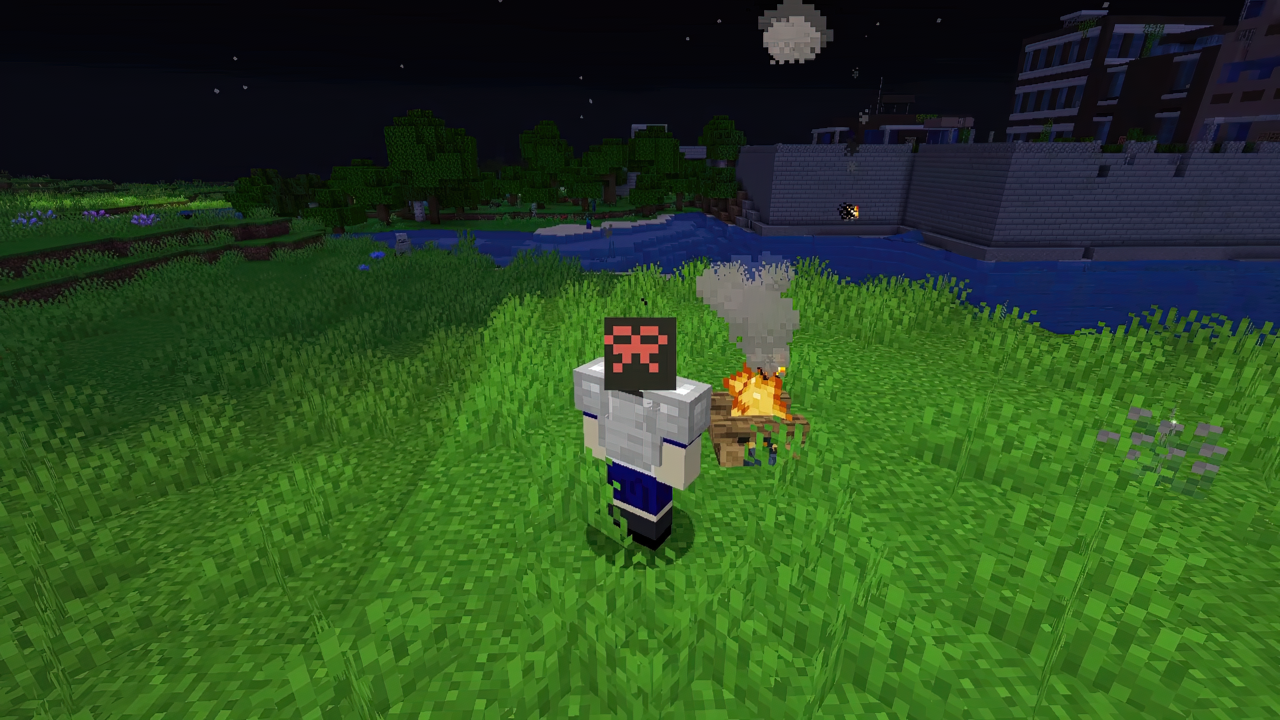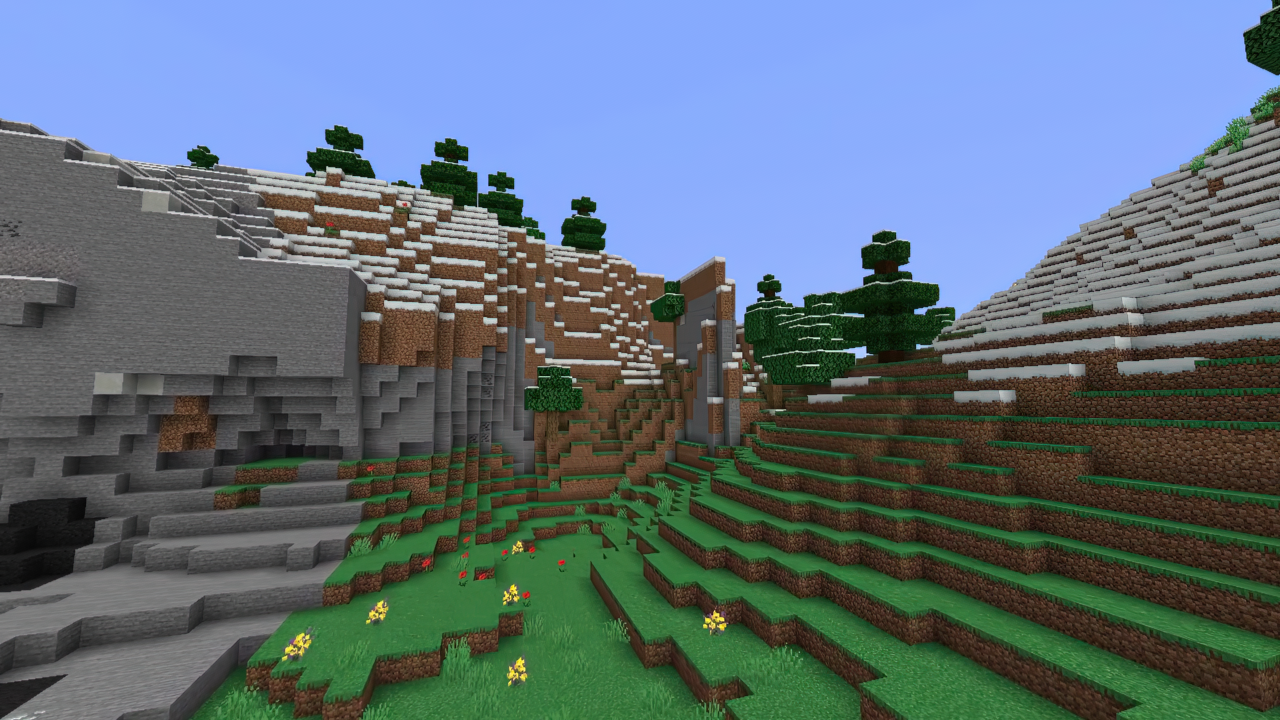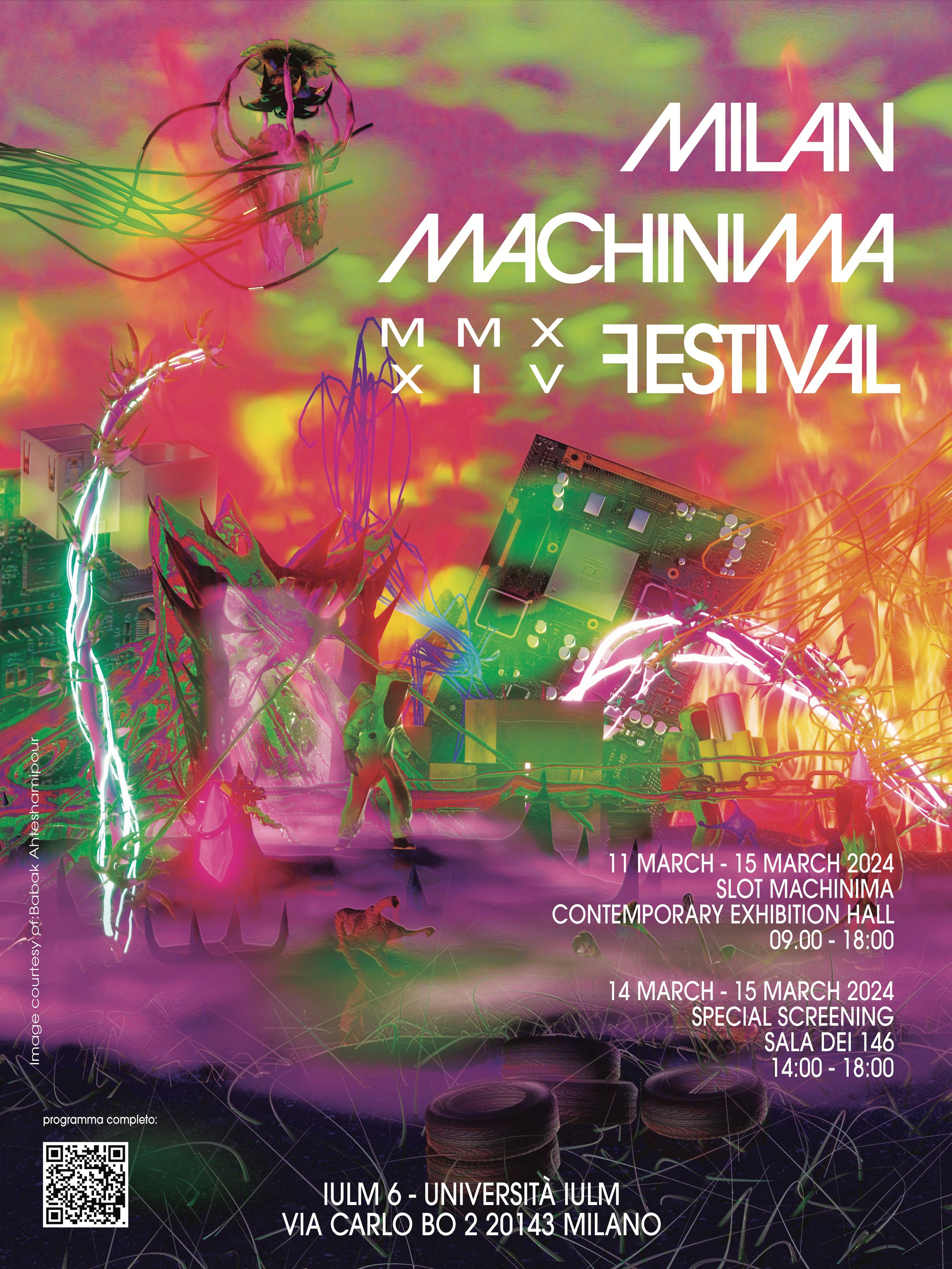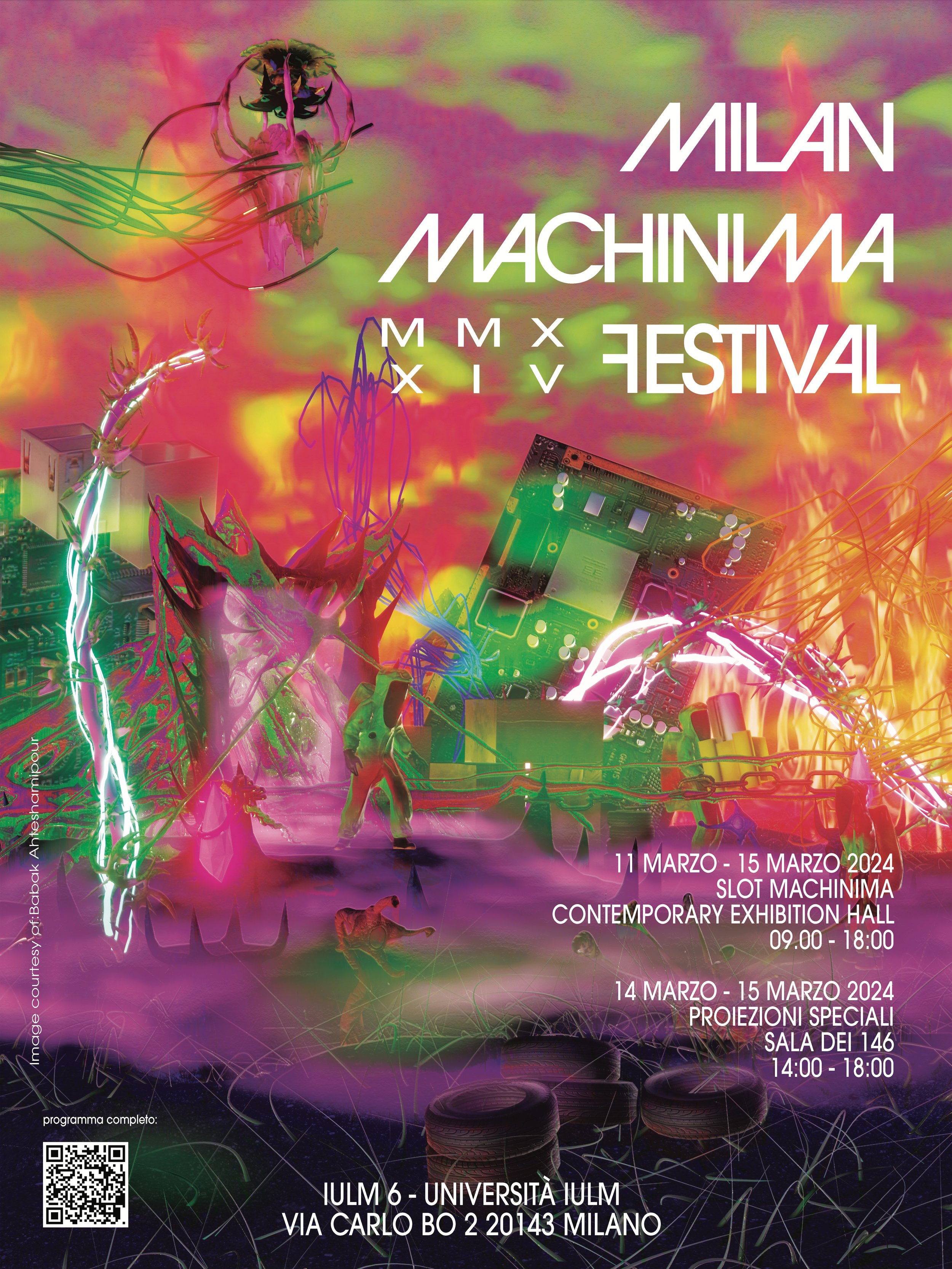press release
FOR IMMEDIATE RELEASE
Milan Machinima Festival MMXXIV unveils groundbreaking programs for 2024 edition
Milan, Italy - The Milan Machinima Festival MMXXIV is thrilled to announce its highly anticipated programs for the 2024 edition, showcasing the best in machinima art from around the world. The festival — which takes place in person at IULM University between March 11 - 15 2024 — will feature four unique programs: Auteur Theory, Game Video Essay, Made in Italy, and Slot Machinima.
Additionally, this year, a concurrent event is FOTOLUDICA, the first Italian conference on in-game photography (March 14-15 2024). Both are free and open to the public.
The Game Video Essay program will present thought-provoking pieces by Cat Bluemke and Jonathan Carroll, Guilhem Causse, Ekiem Barbier, and Quentin L'helgoualc’h, Gina Hara, and Yemen Liu that explore the intersection of gaming and critical analysis. These works delve into the cultural, social, and political implications of video games, offering fresh perspectives on the medium and its impact on society. The program aims to foster a deeper understanding of the potential of video games as a tool for artistic expression and social commentary. The Game Video Essay program will be screened on Thursday March 14, 2024, in the Sala dei 146 (IULM 6).
Made in Italy will celebrate the ingenuity and craft of young Italian machinima artists. This program features three films that showcase unique aesthetics and styles, highlighting the vibrant and thriving Italian machinima art scene. The featured filmmakers, Alberto Calleo, Simone Fiorentino, and Elia "marasma" Strazzacappa, utilize real-time computer graphics engines to craft artworks that challenge traditional notions of cinema and transgress the boundaries between virtual and real-world spaces. Made in Italy will be screened on Friday March 15, 2024, in the Sala dei 146 (IULM 6).
The Auteur Theory program will highlight three exceptional works by leading machinima creators — Jacky Connolly, Lawrence Lek, and Total Refusal — examining the role of the individual artist in shaping the medium. This program celebrates the unique visions and styles of these artists, emphasizing their distinctive contributions to the field of machinima. The Author Theory program will be screened on Friday March 15, 2024 in the Sala dei 146 (IULM 6).
The Contemporary Exhibition Hall will host Slot Machinima, an immersive program featuring eight video installations that will be presented in a loop from March 11-15, 2024, featuring works by renowned artists such as Adonis Archontides, Steven Cottingham, Kara Güt, Thomas Hawranke, Andy Hughes, Carson Lynn, Stephan Panhans and Andrea Winkler, and Bram Ruiter. This special program is designed to immerse viewers in often absurd and deranged virtual environments within the video game imaginary, showcasing the incredible range and depth of avant-garde machinima.
“We are excited to present these groundbreaking programs that showcase the incredible talent and diversity within the machinima avant-garde community,” said festival director Matteo Bittanti. “The Milan Machinima Festival MMXXIV aims to push the boundaries of what is possible with this medium and inspire both artists and audiences alike. Through these four distinct programs, we hope to foster a deeper appreciation for the art of machinima and its potential to shape our understanding of the world around us.”
These year’s submission were judged by an international panel of scholars, critics, artists, and curators: Marco De Mutiis, Henry Lowood, Jenna Ng, and Martin Zeilinger.
The poster of the 2024 edition was designed by artist and musician Babak Ahteshamipour. Babak’s vivid new poster design epitomizes the festival’s ethos of propelling machinima into unmapped creative frontiers. Electrifying colors and fantastical shapes blend gaming visuals with mysterious organic shapes, suggesting unexpected artistic dimensions virtual worlds could unlock.
For more information about the Milan Machinima Festival MMXXIV and its programs, please visit the official website at https://milanmachinimafestival.org
About Milan Machinima Festival:
The Milan Machinima Festival MMXXIV is an annual celebration of the art of machinima, featuring works by established and emerging artists from around the world. The festival aims to promote the creative potential of real-time computer graphics engines and foster a global community of machinima creators and enthusiasts.
Contact:
Artistic director: Matteo Bittanti
Communication Manager: Colleen Flaherty
IULM Eventi: Caterina Angeretti
Directions to IULM University
News:
For updates, follow us on Patreon, Instagram, Twitter/X and the Festival’s website.
Would you like to get involved? Drop us a line!


